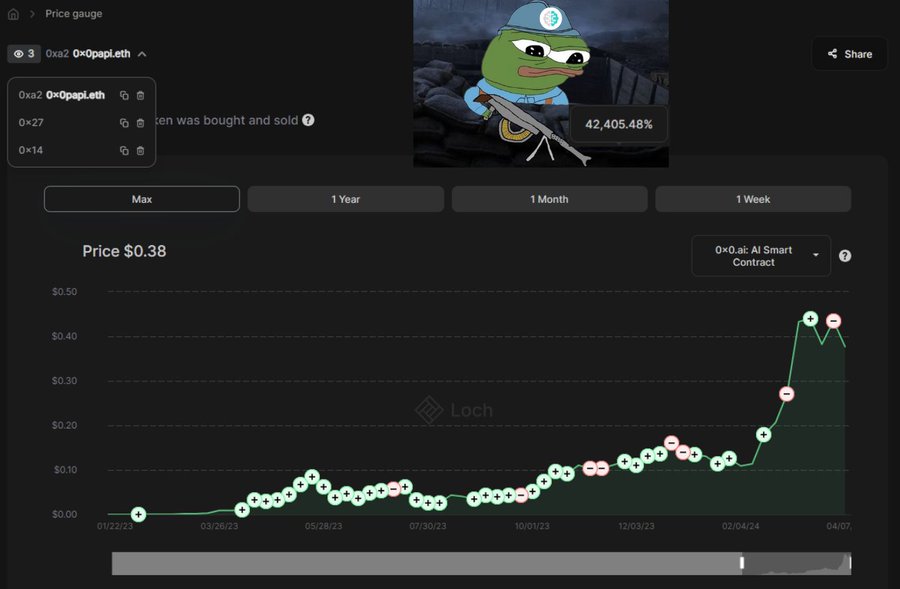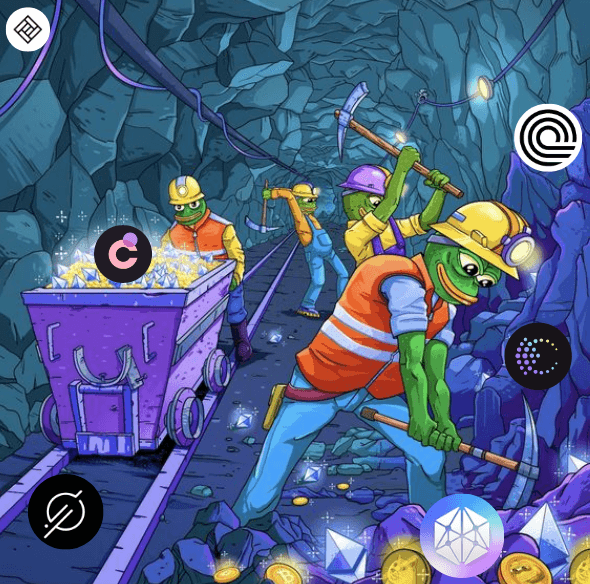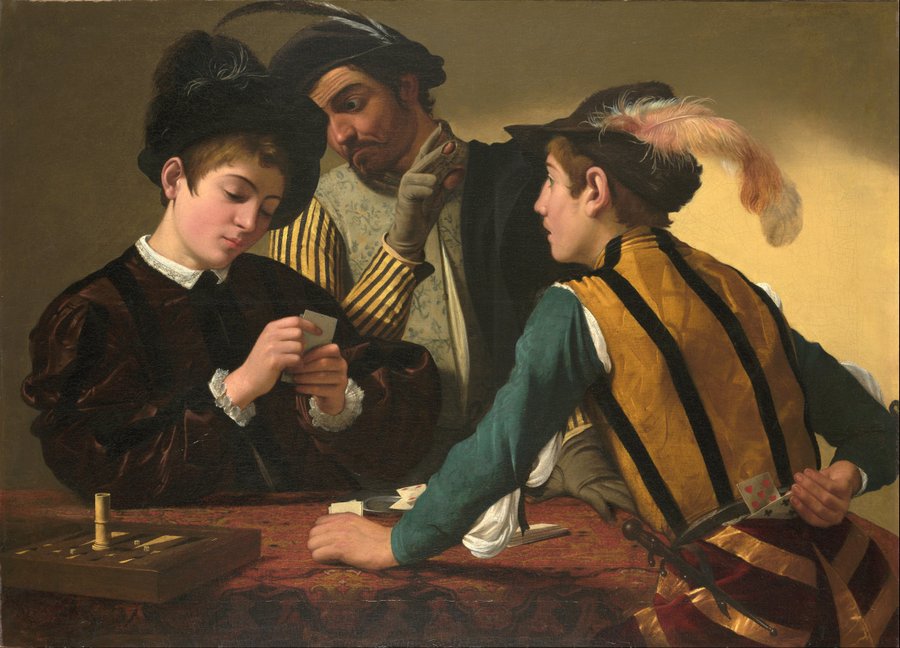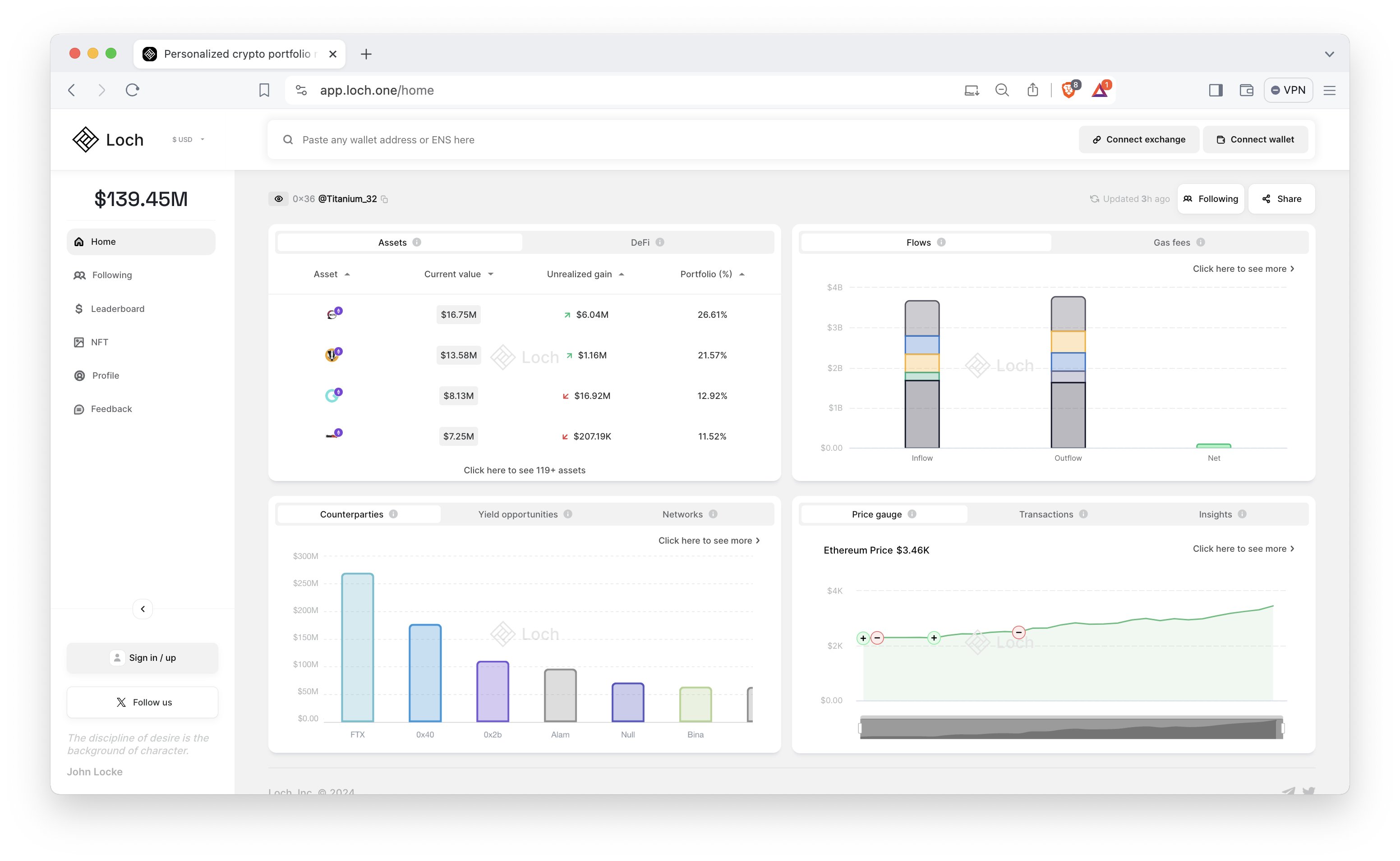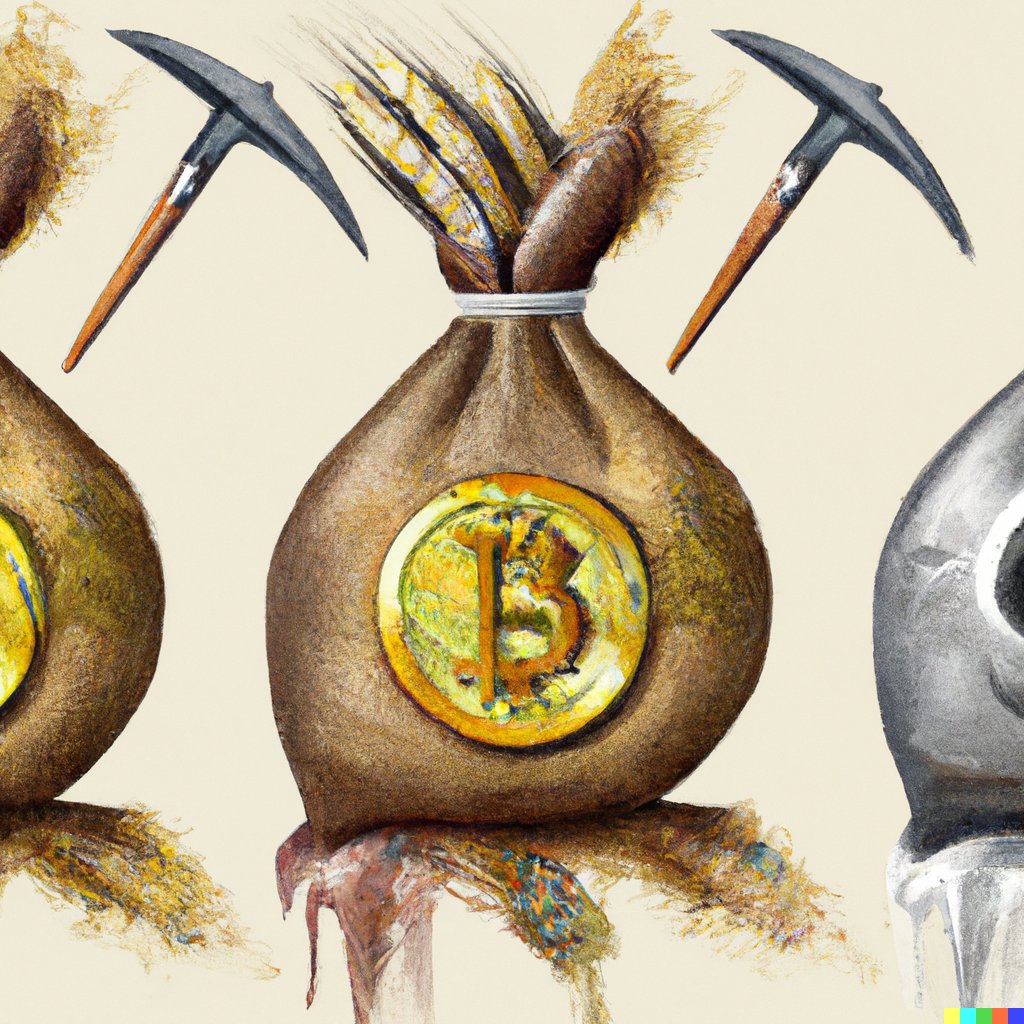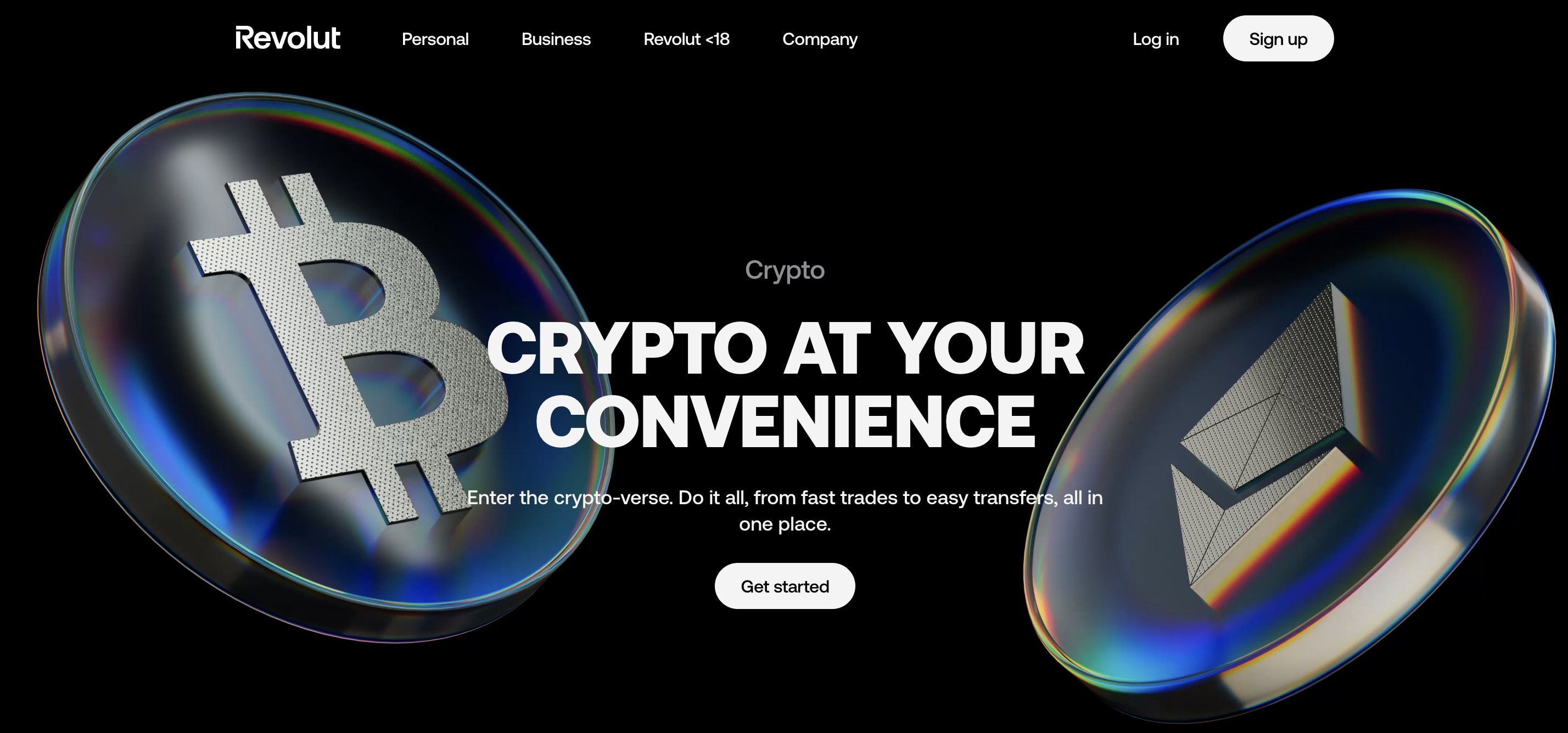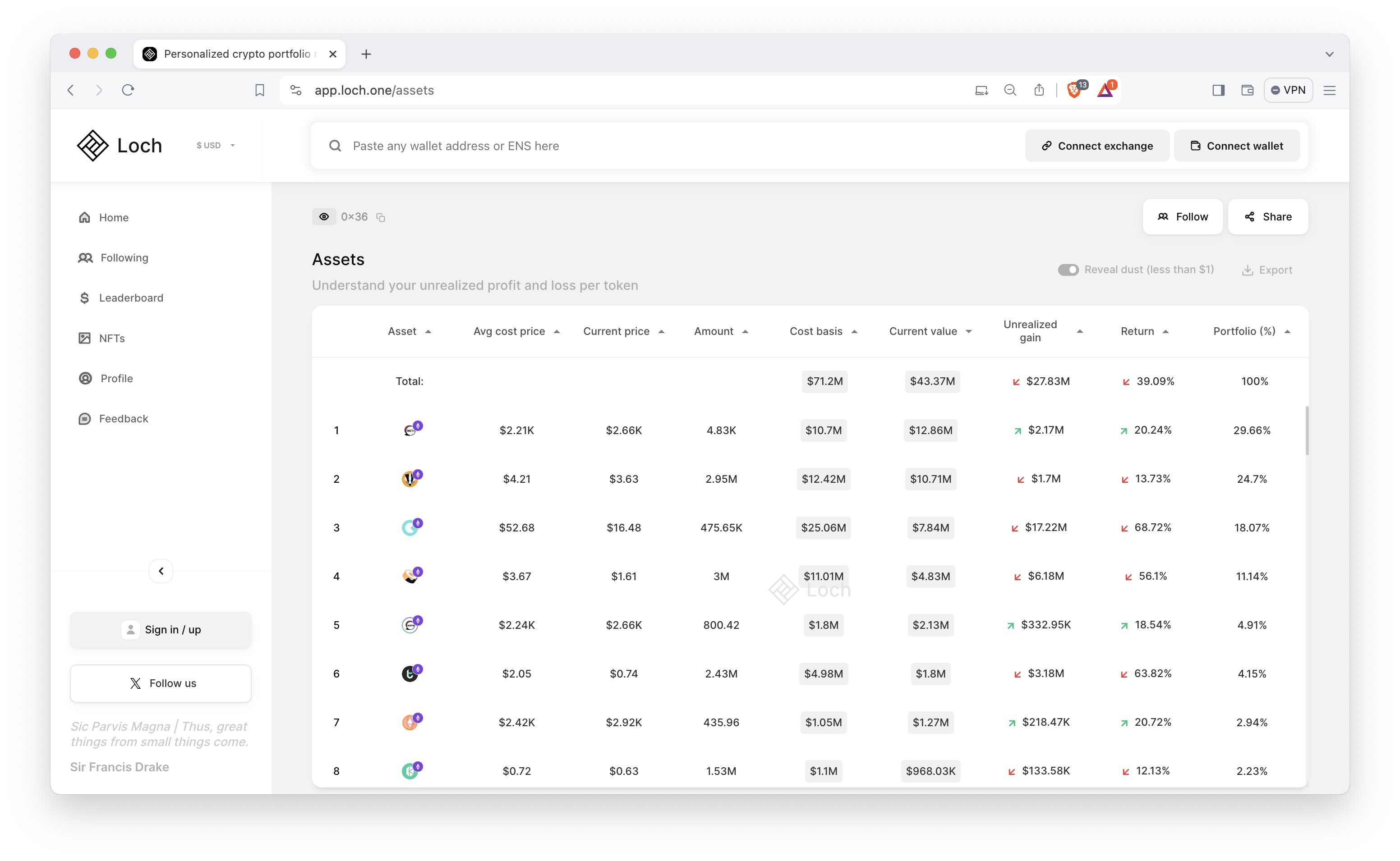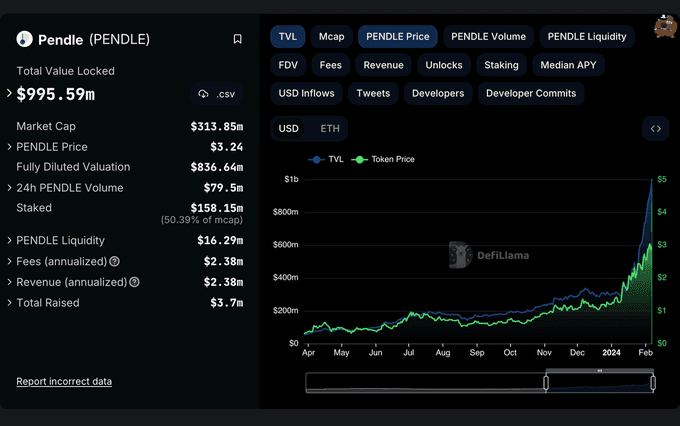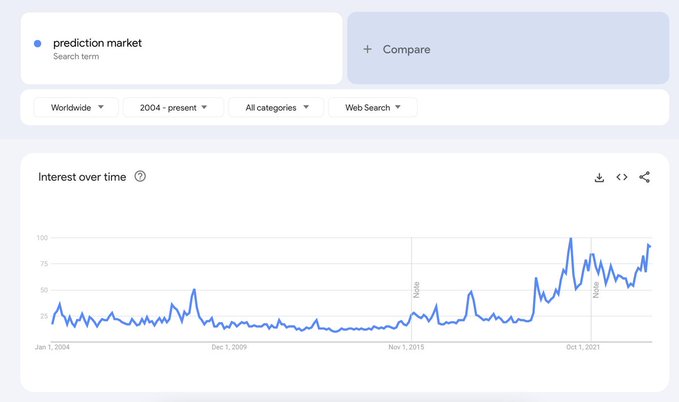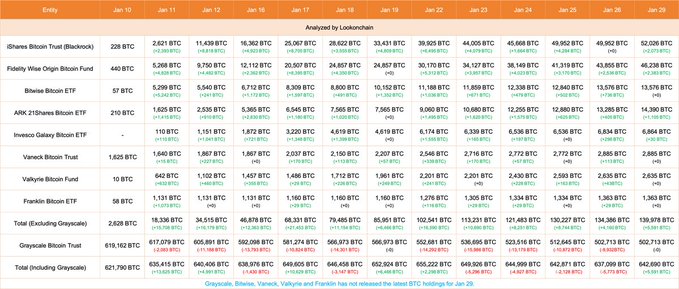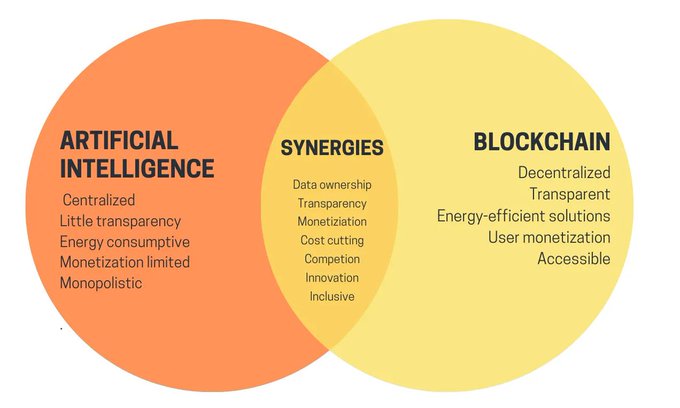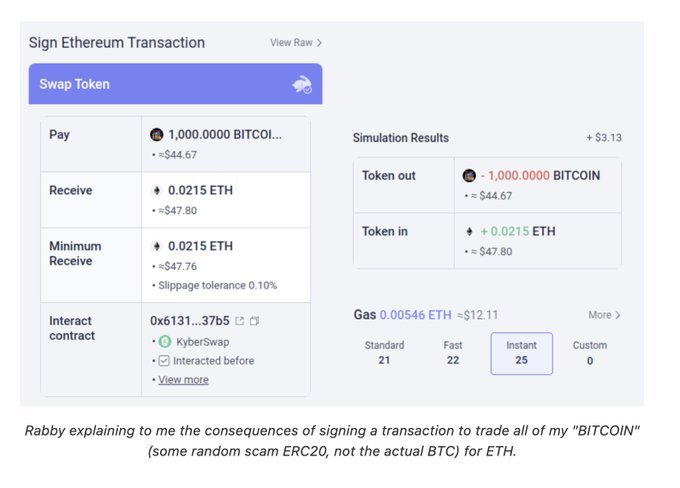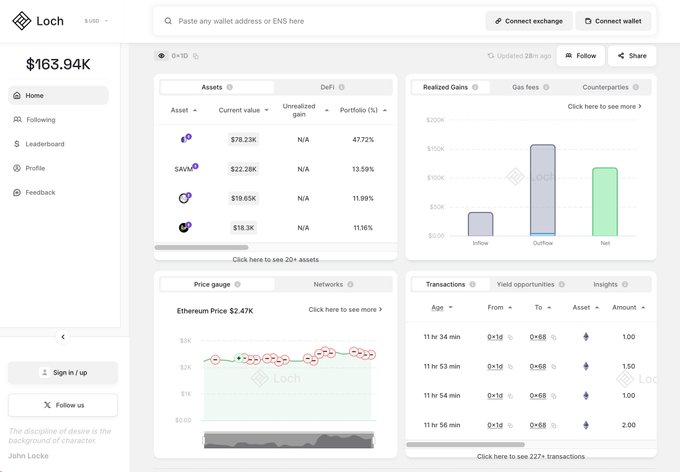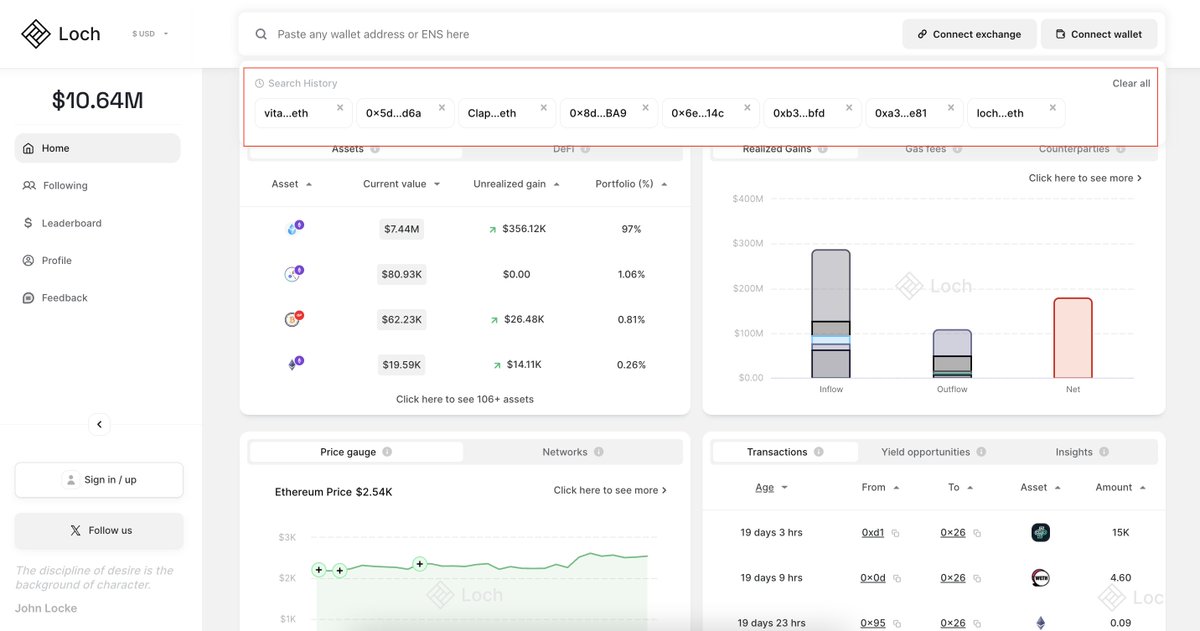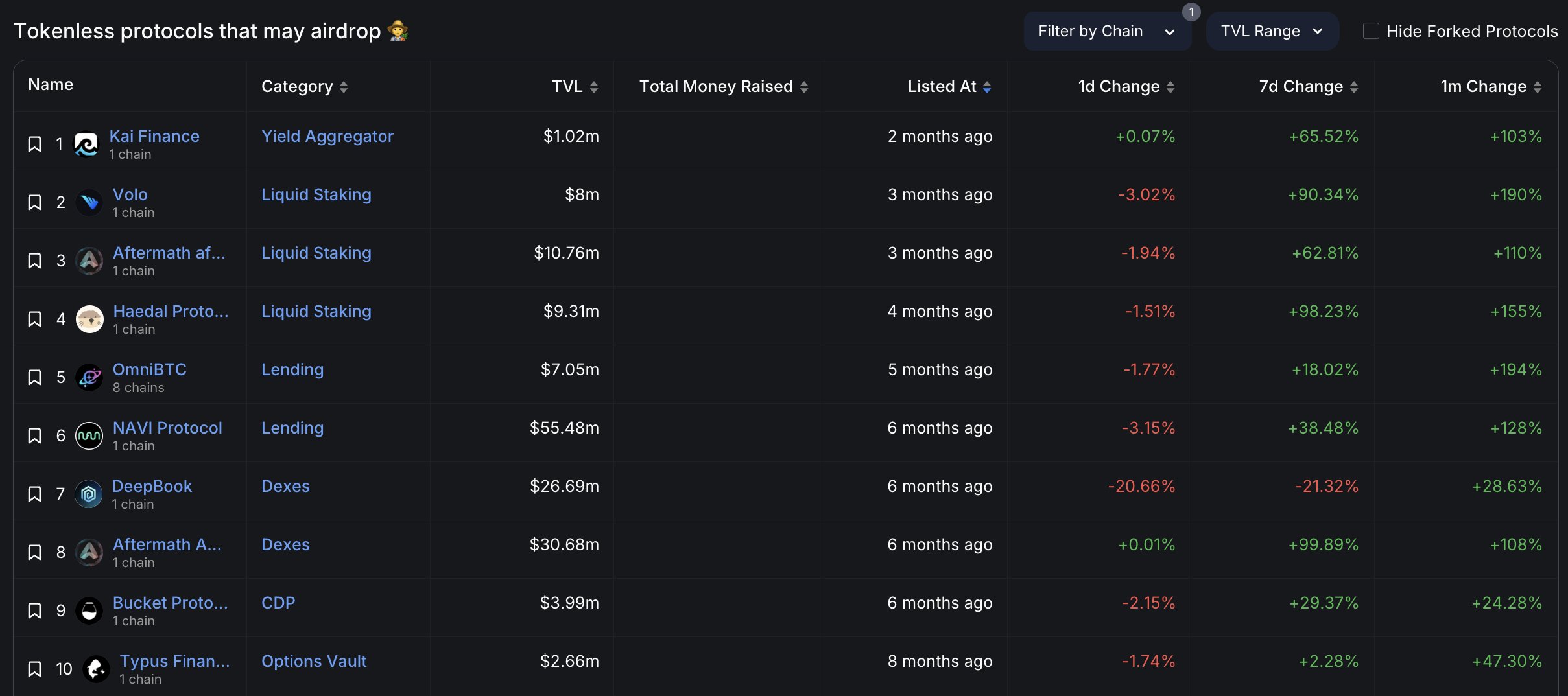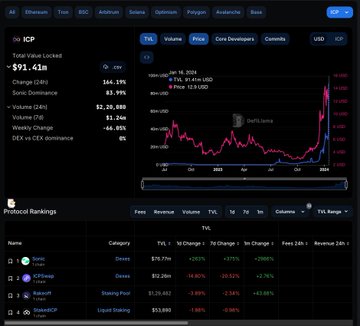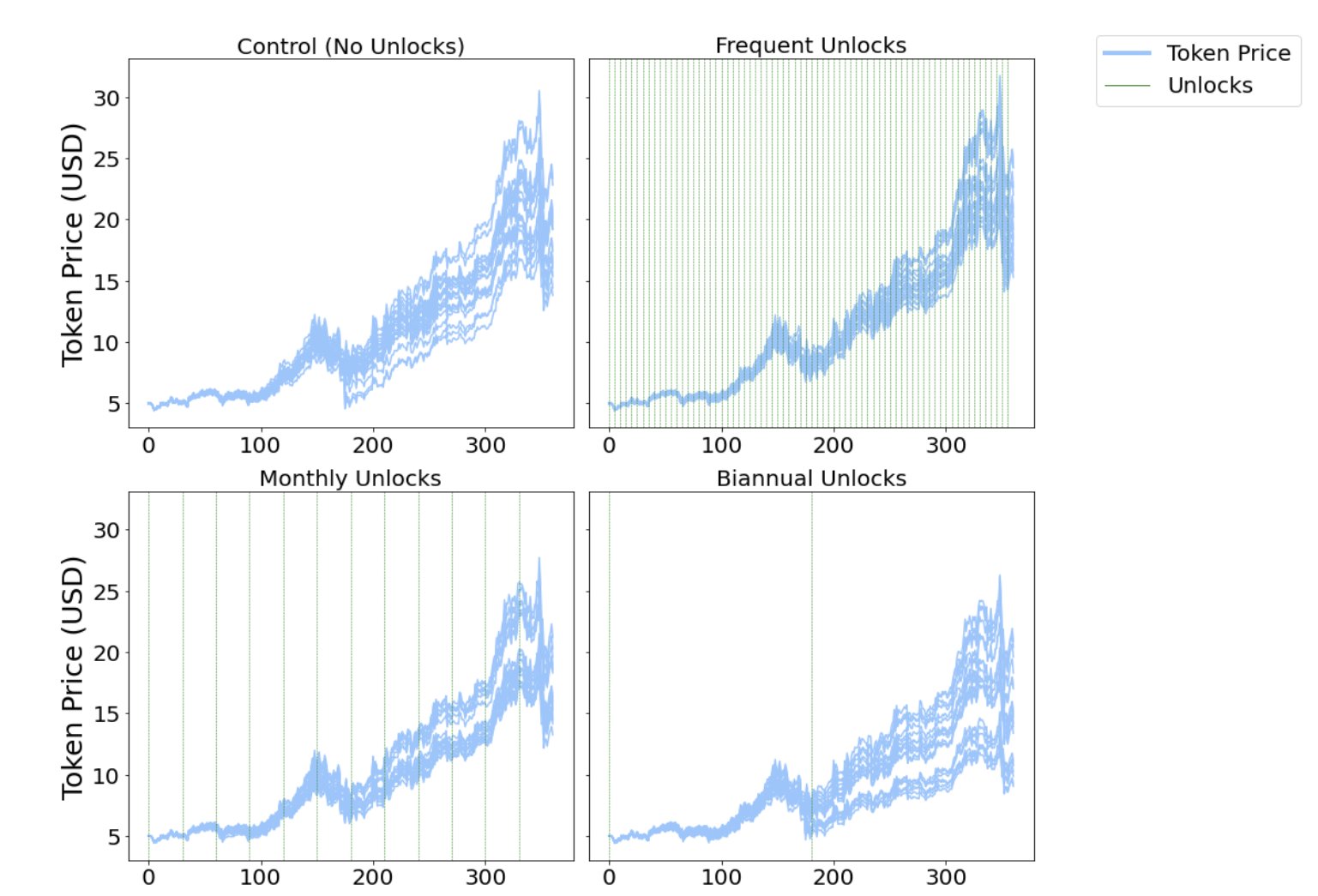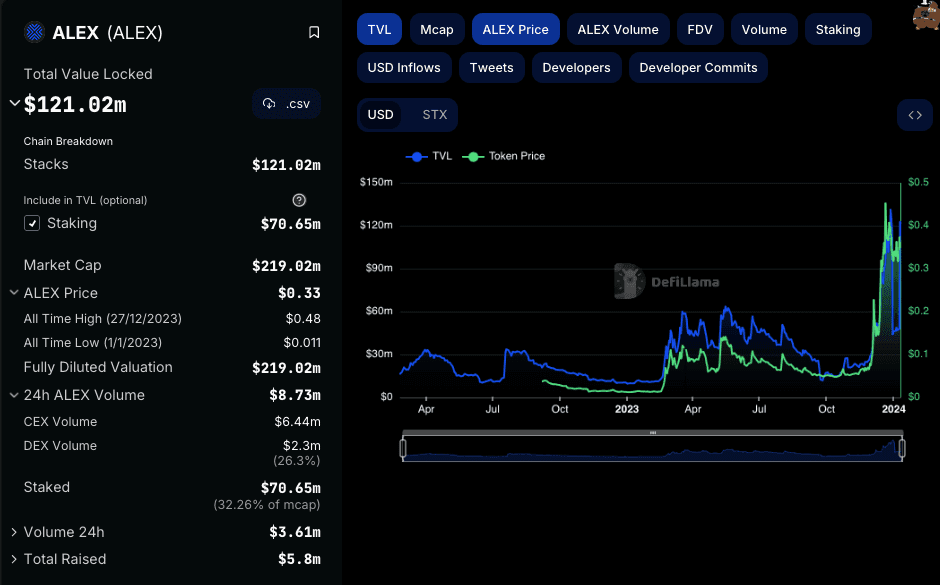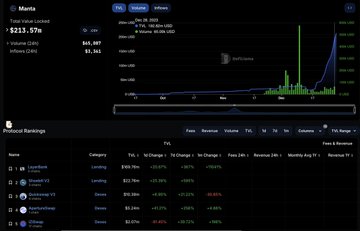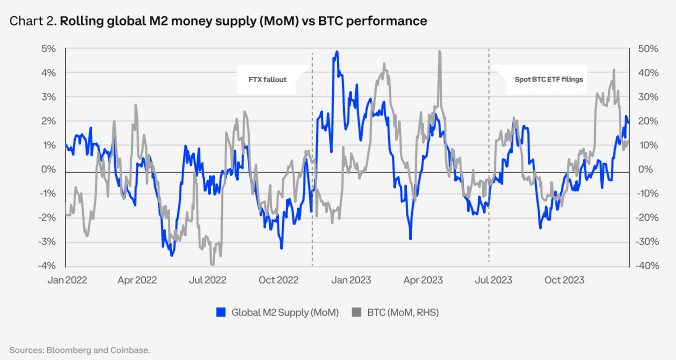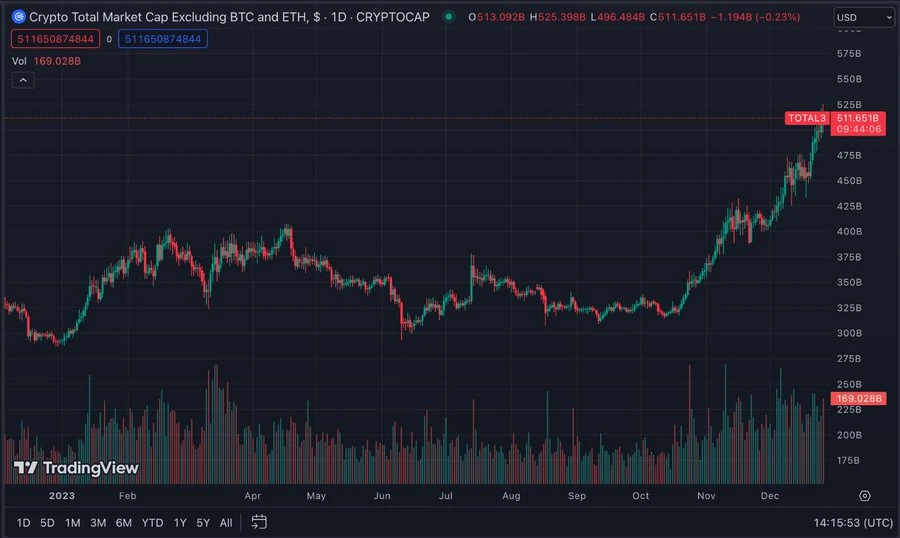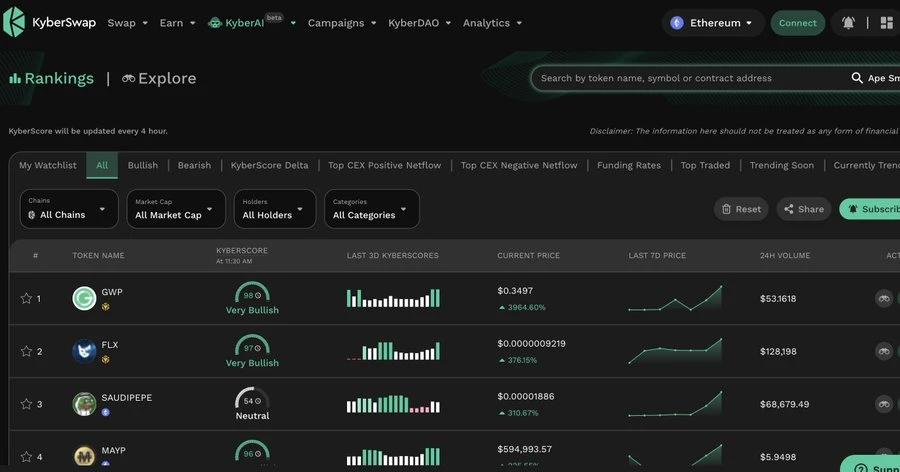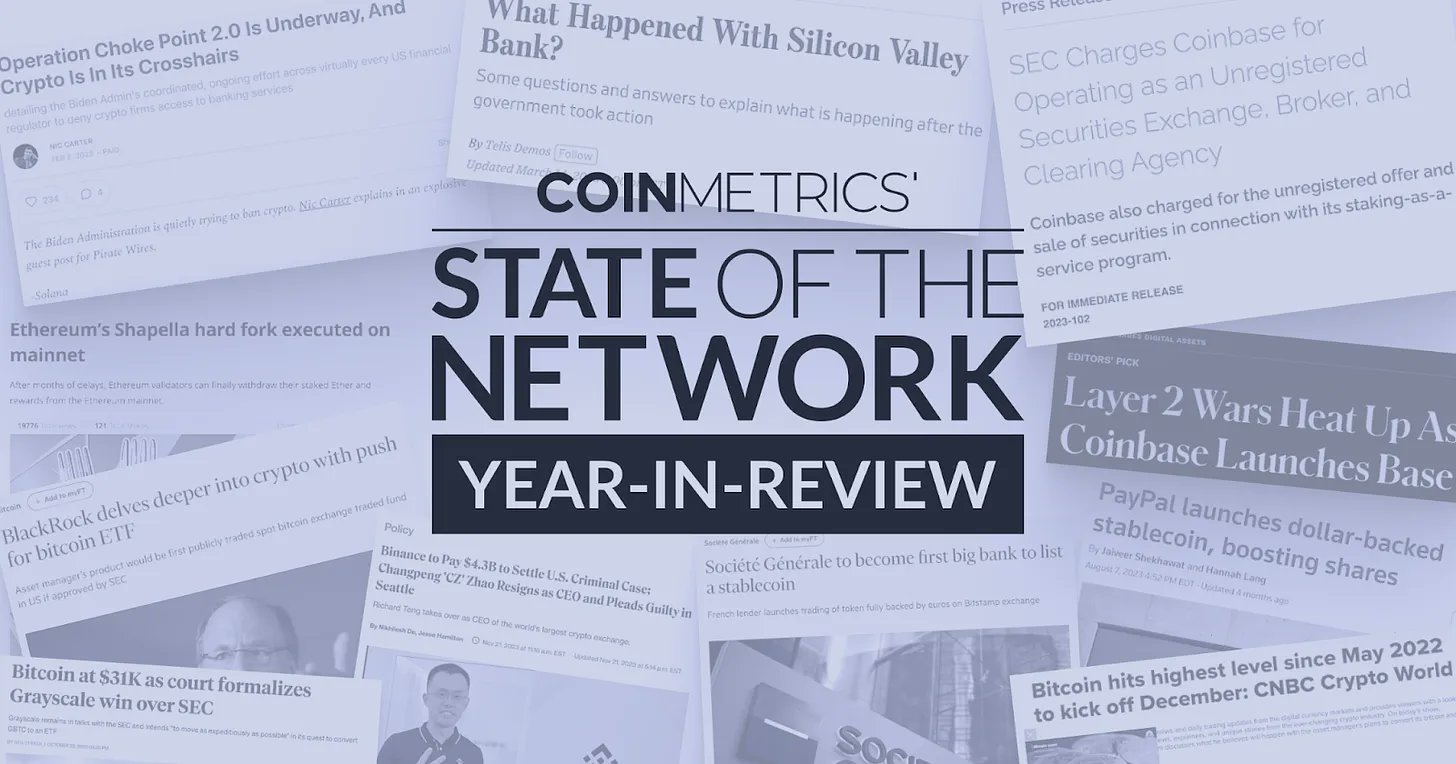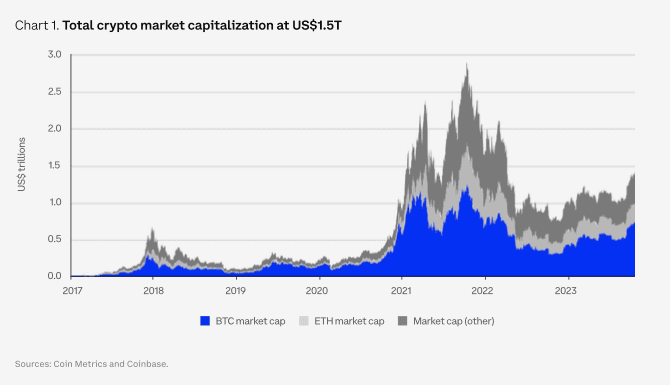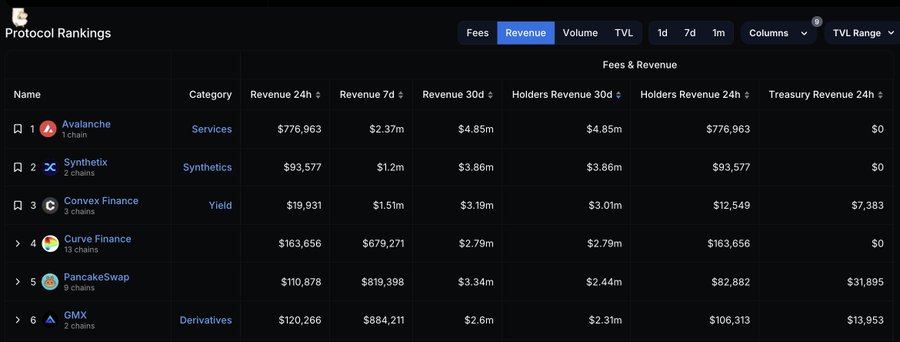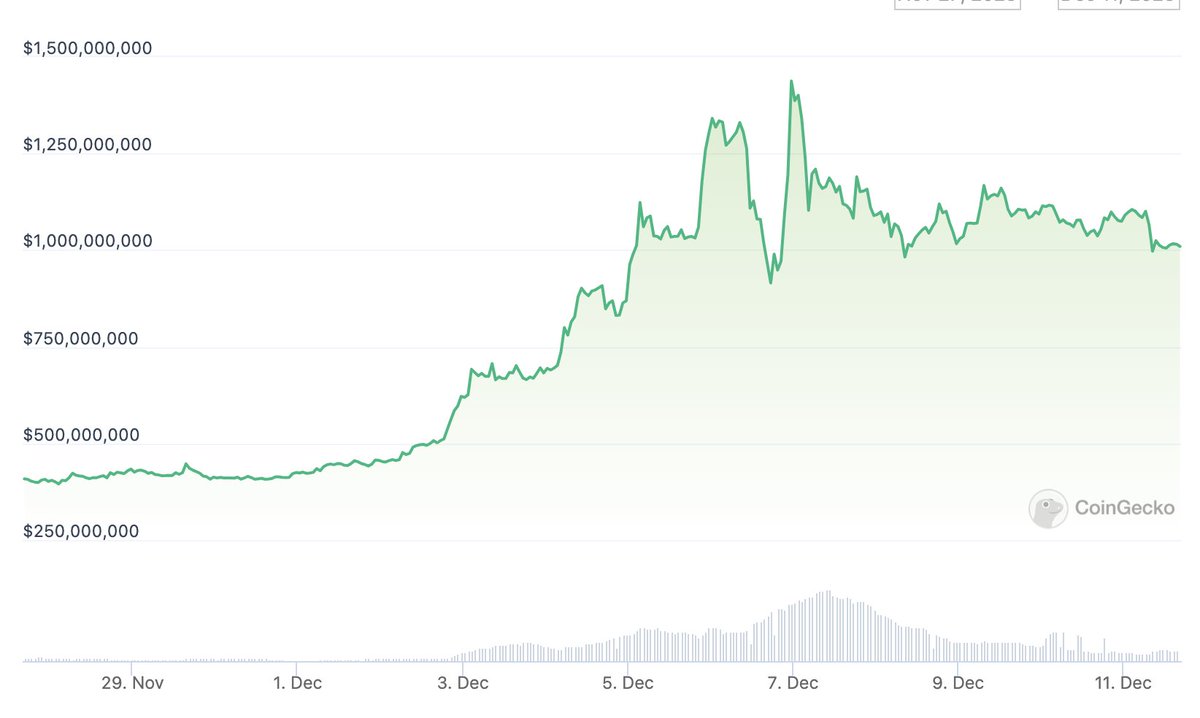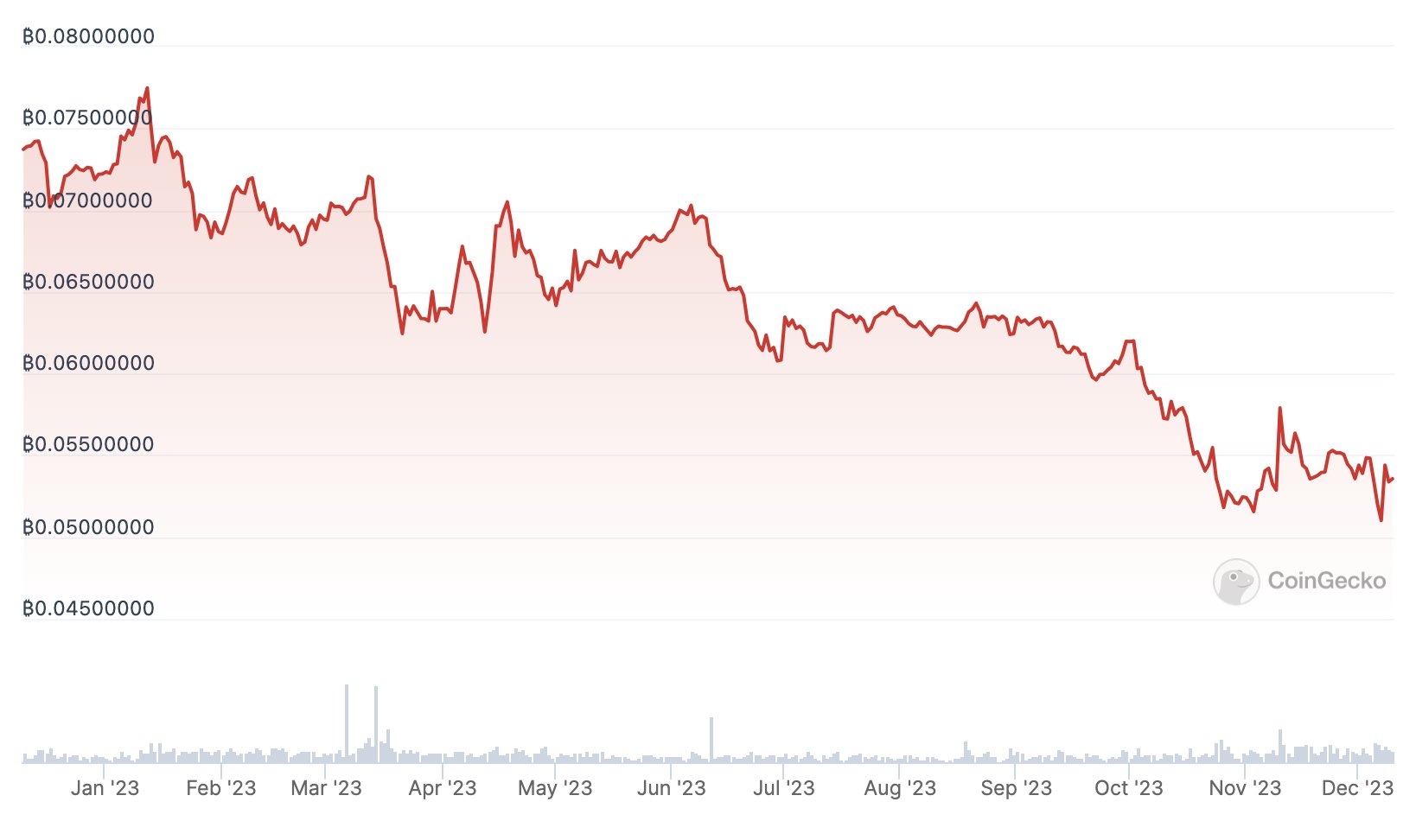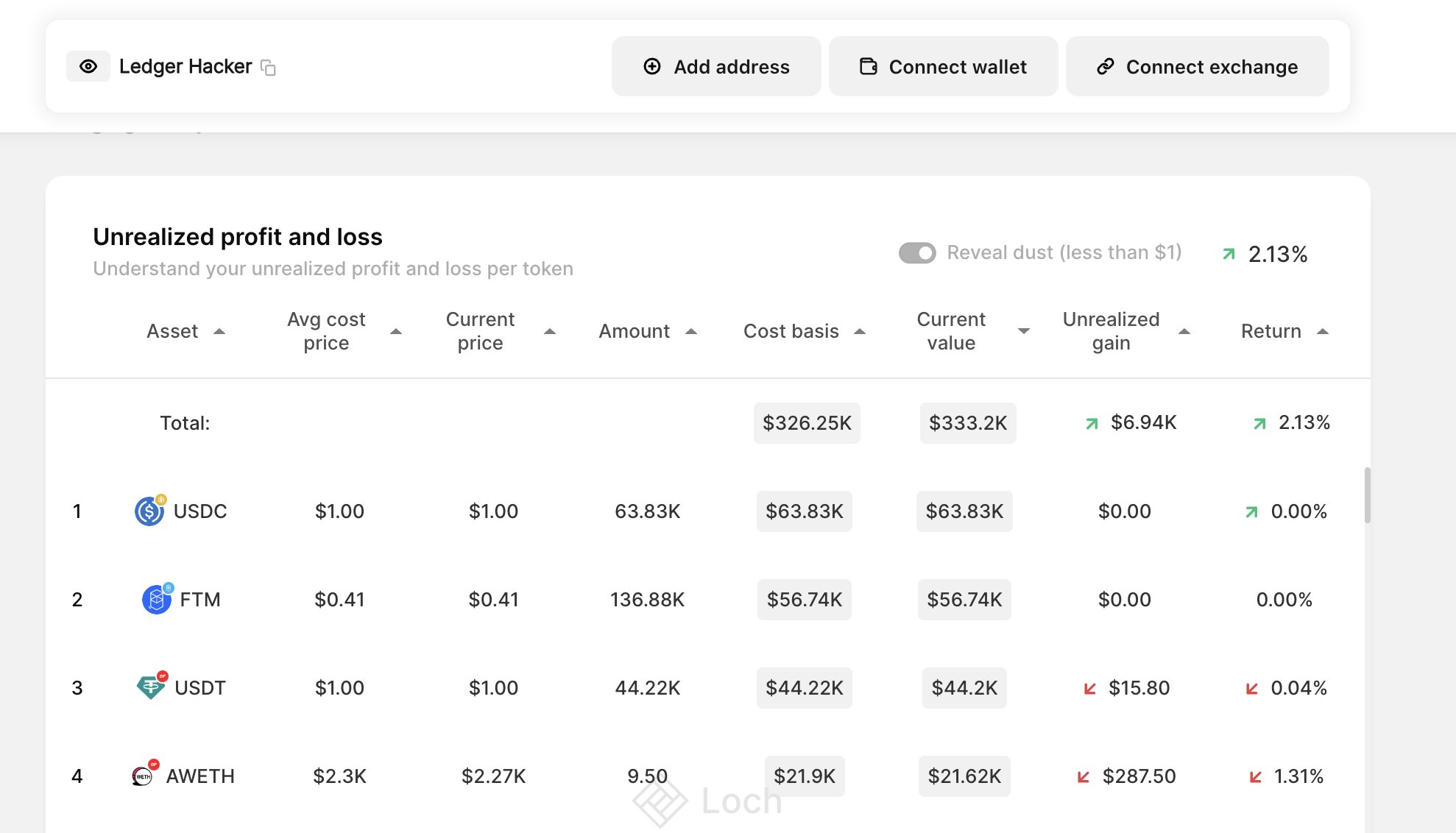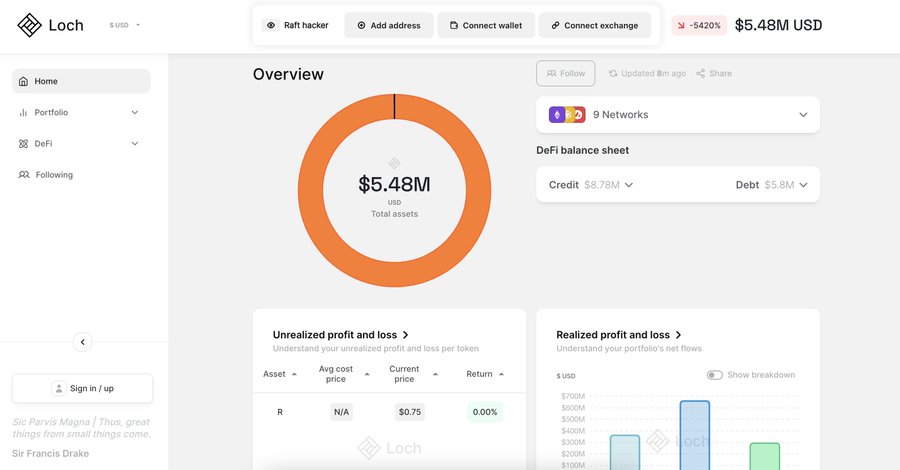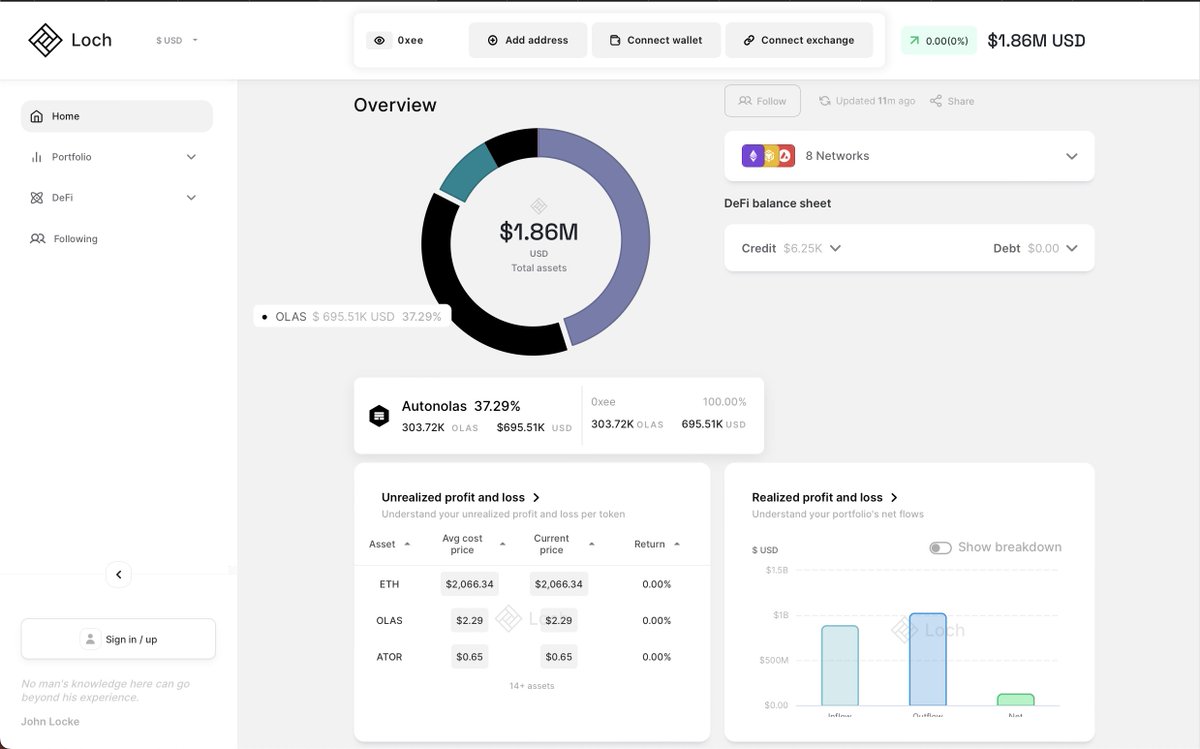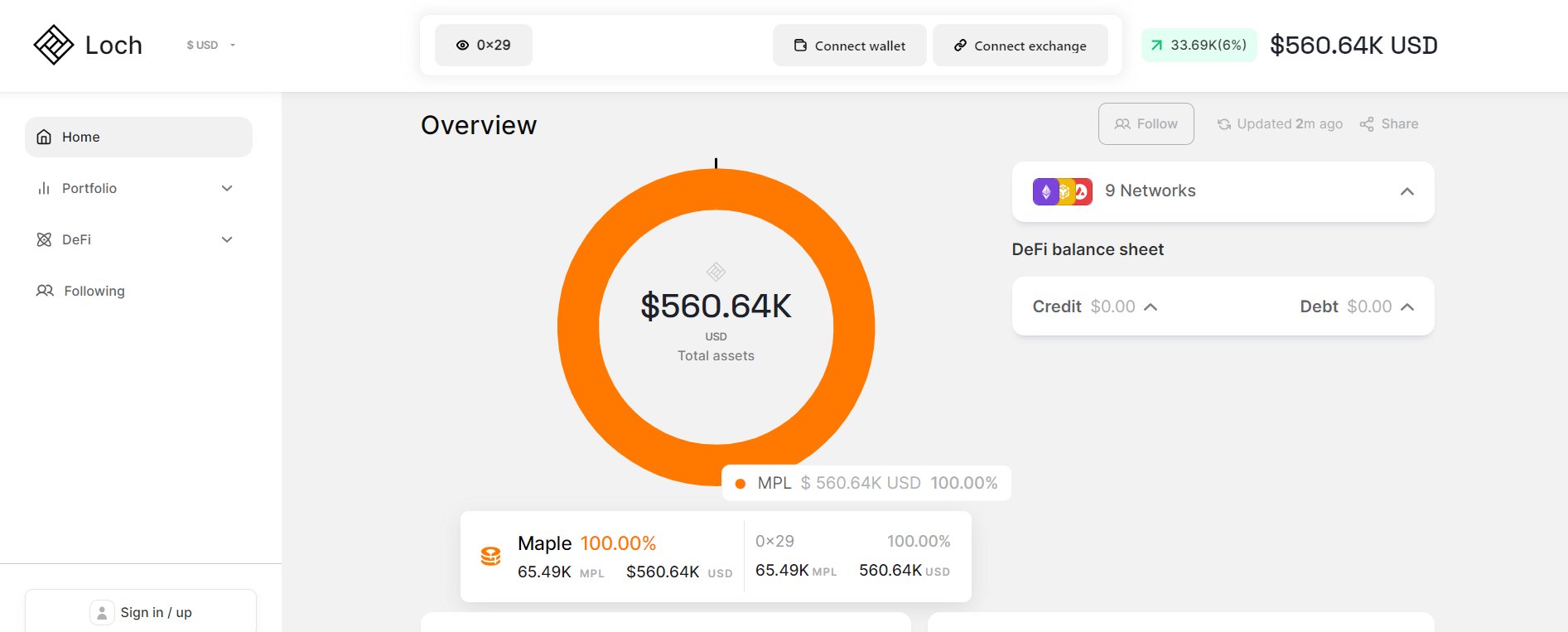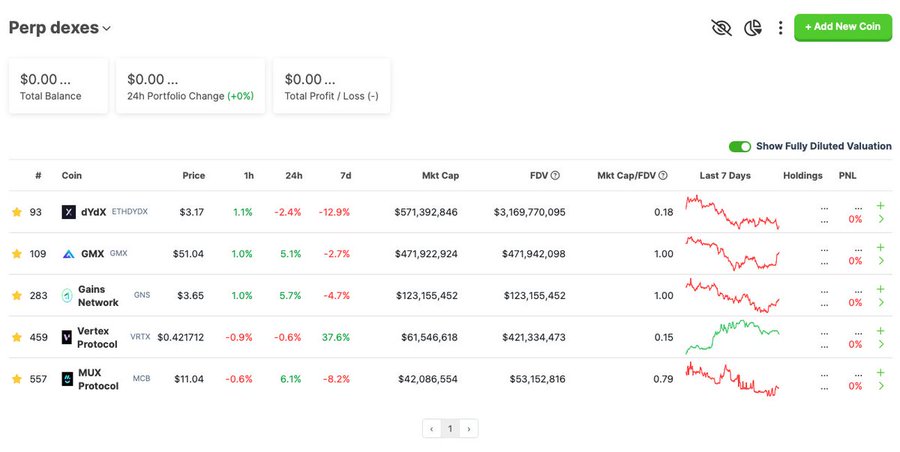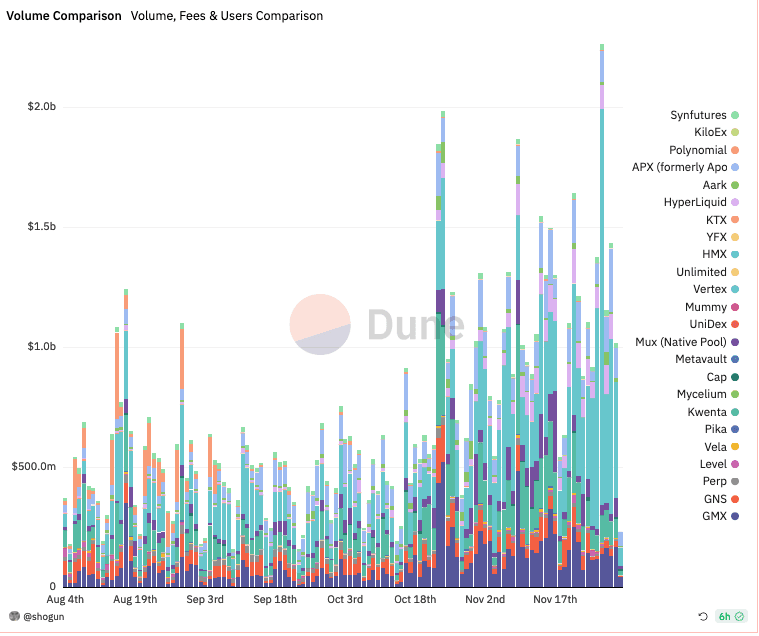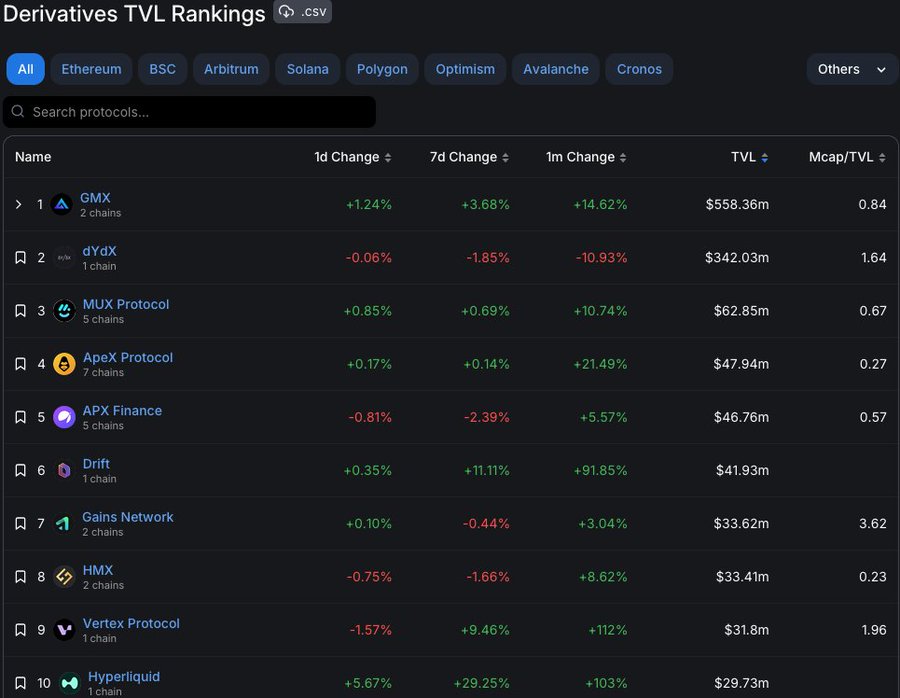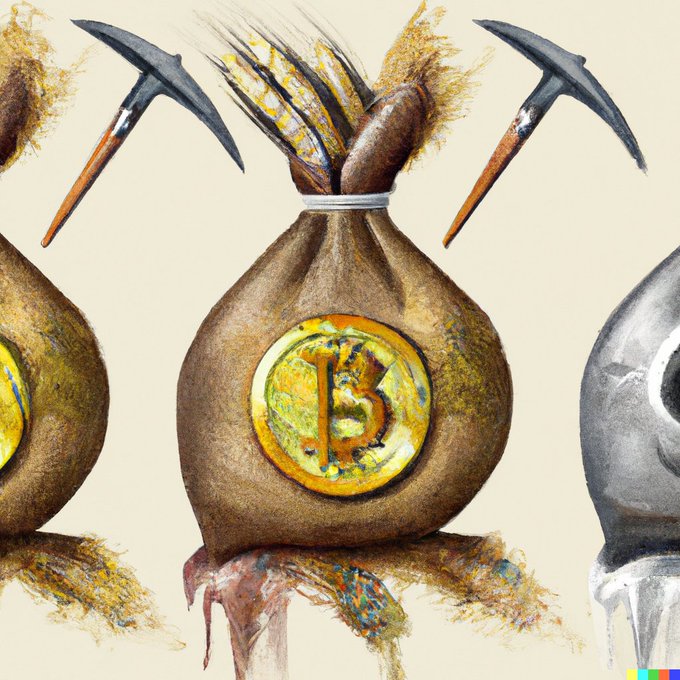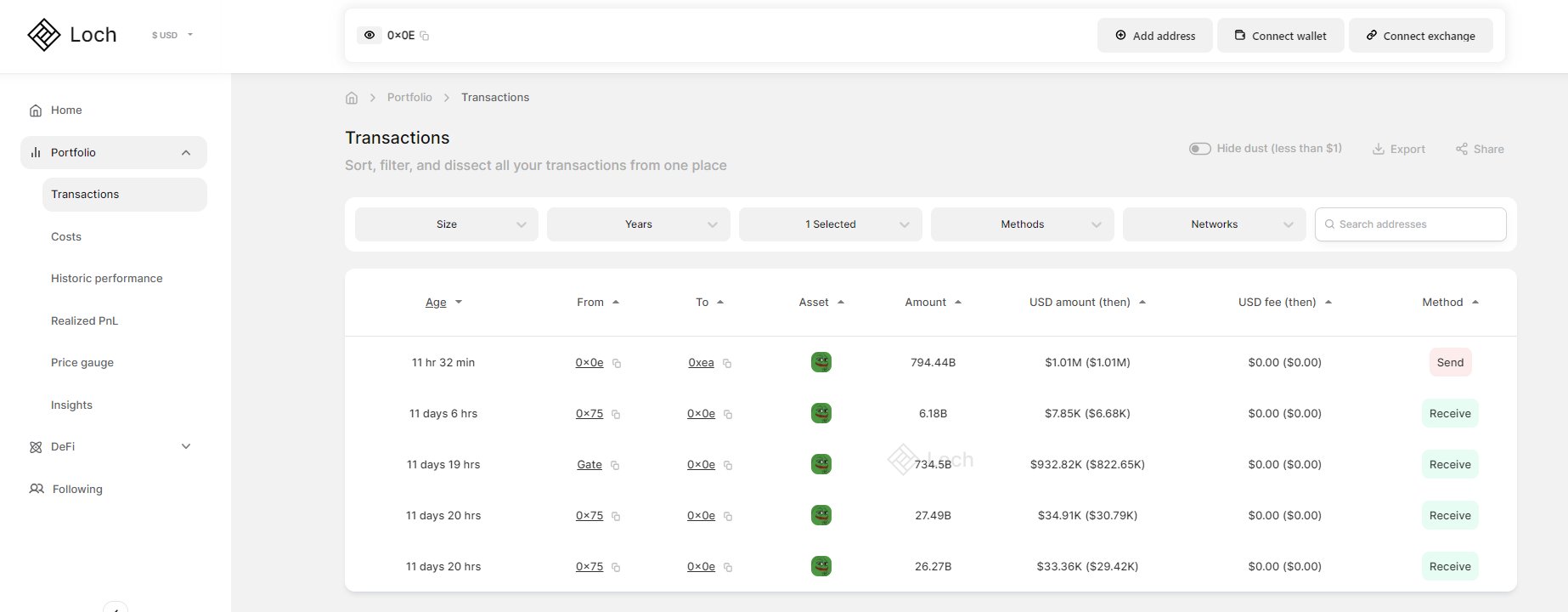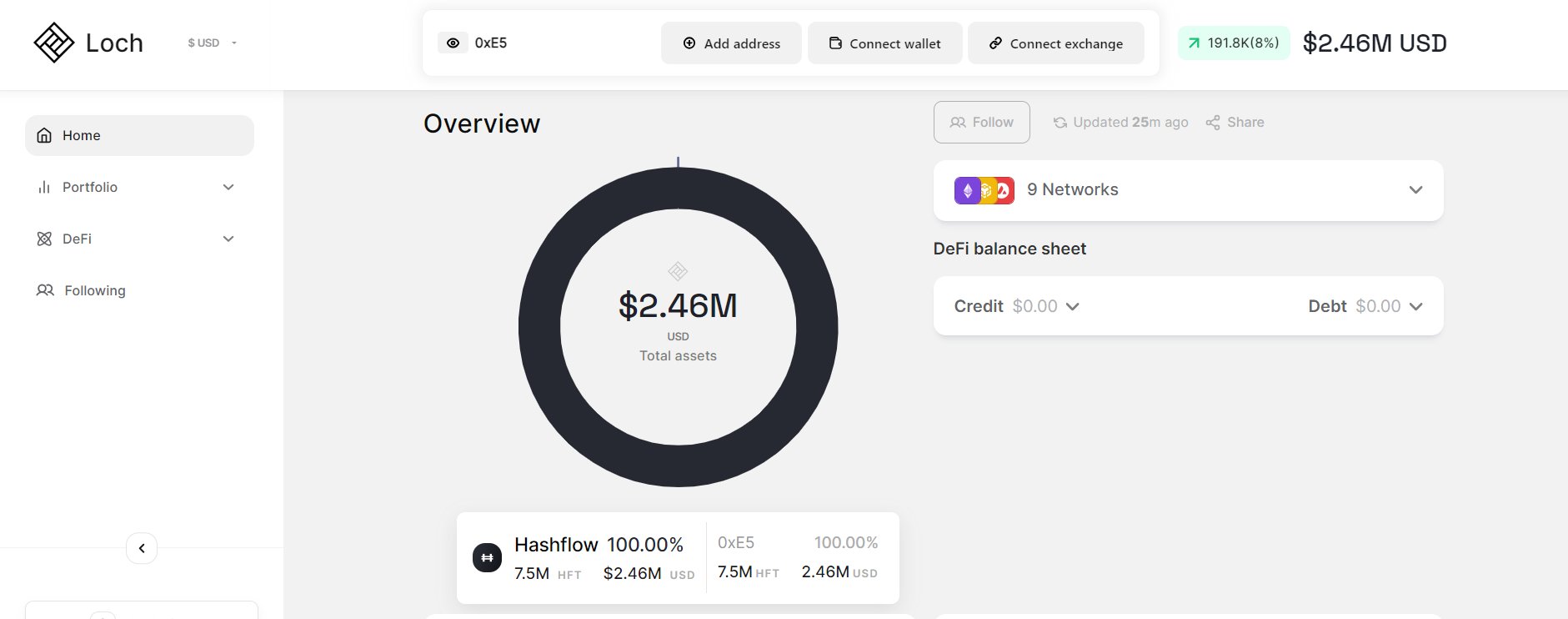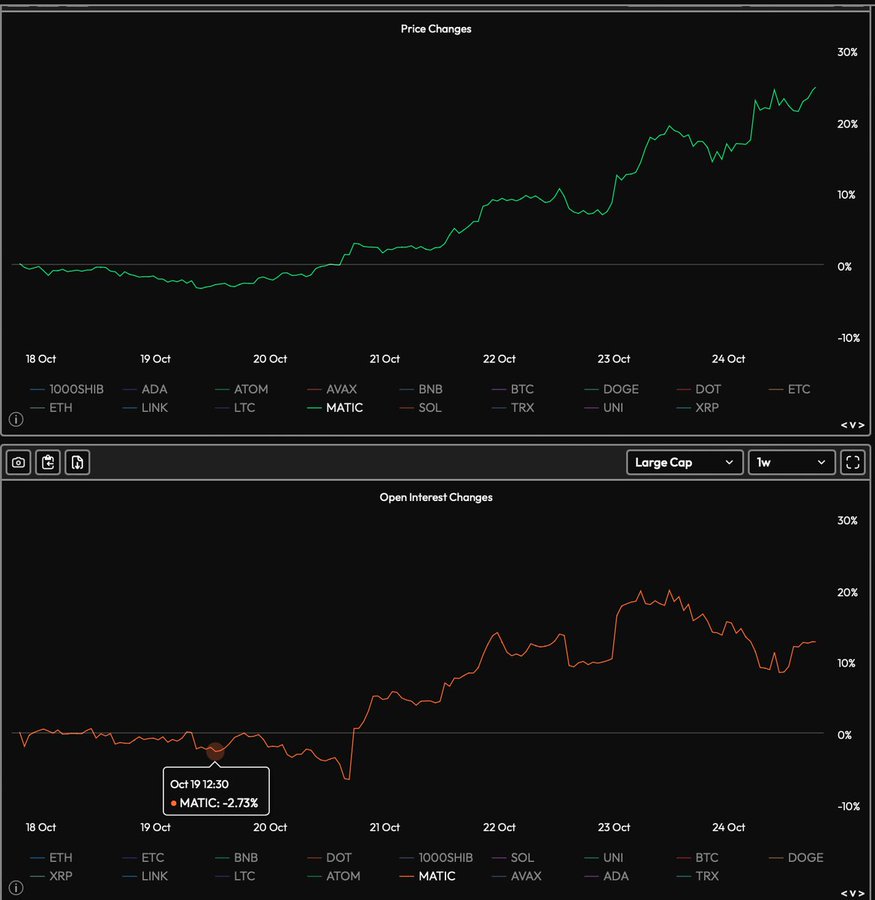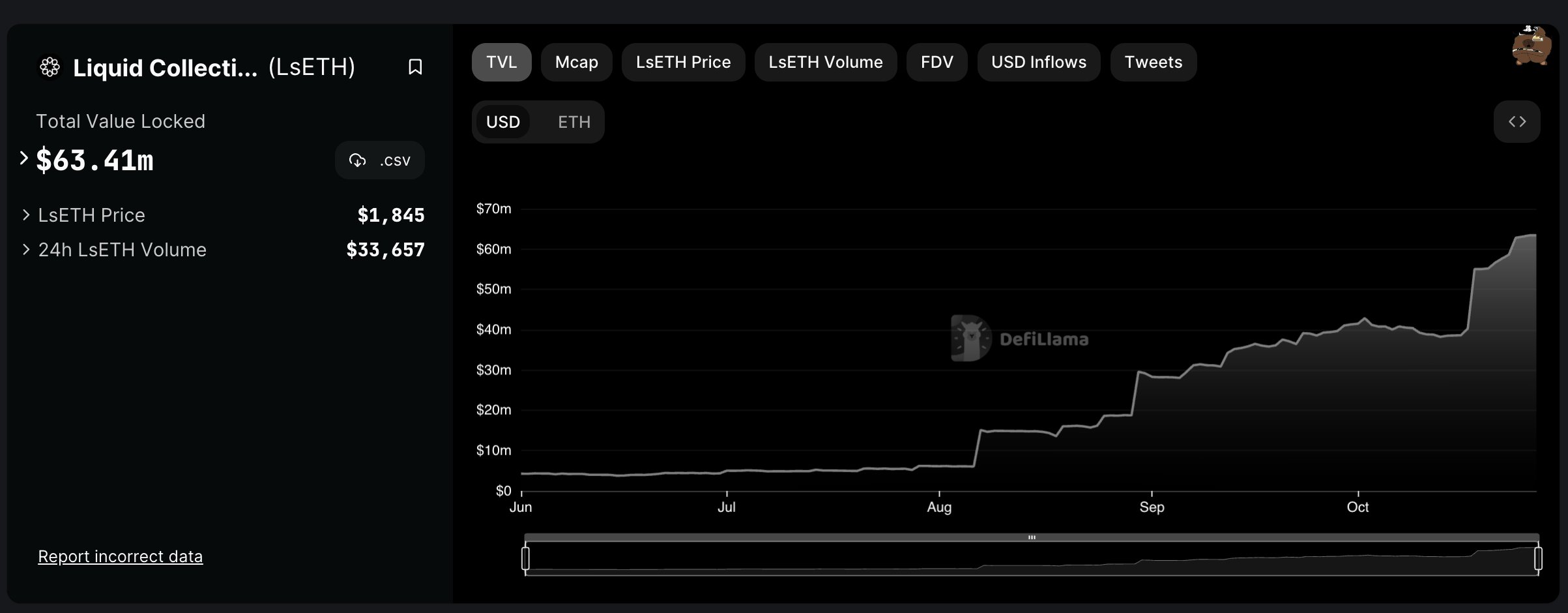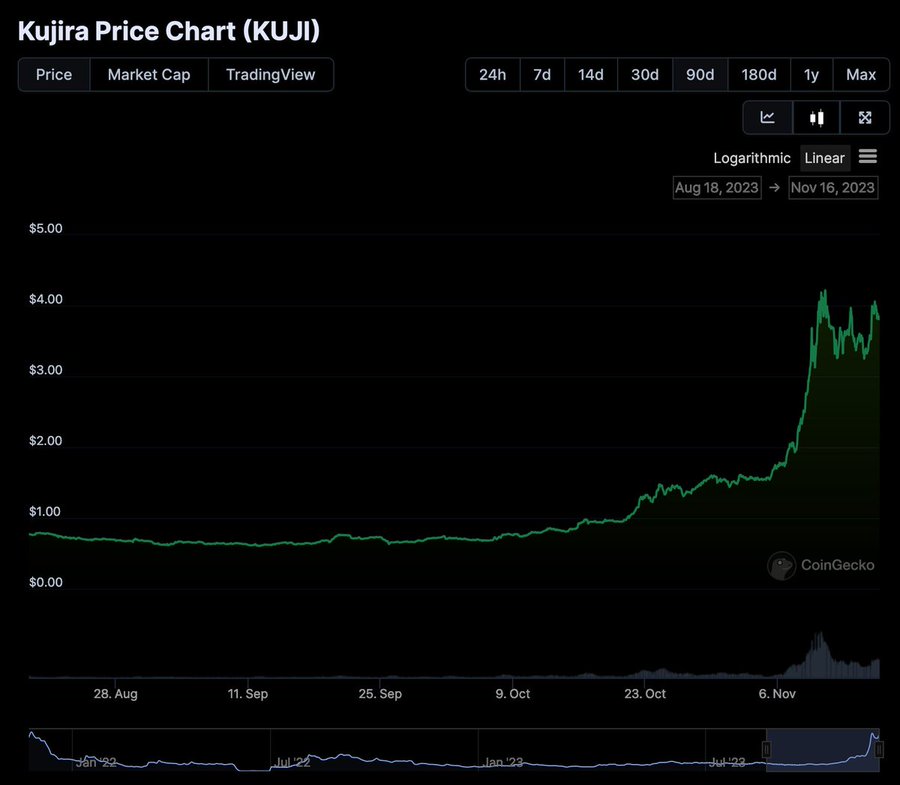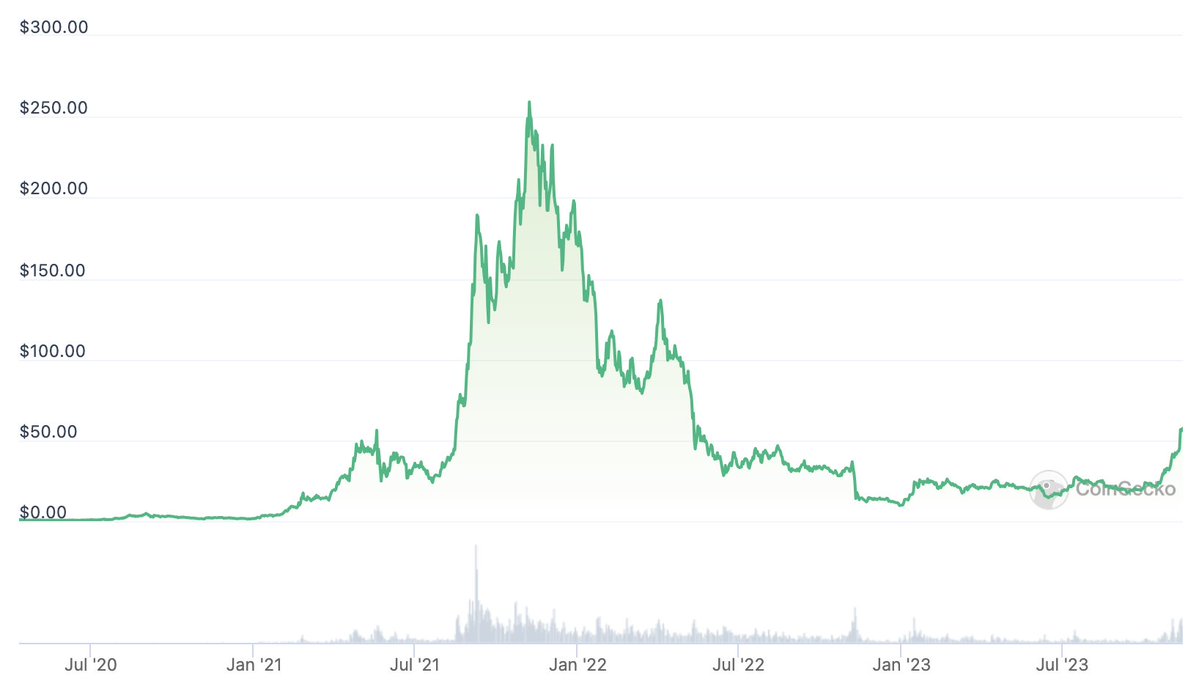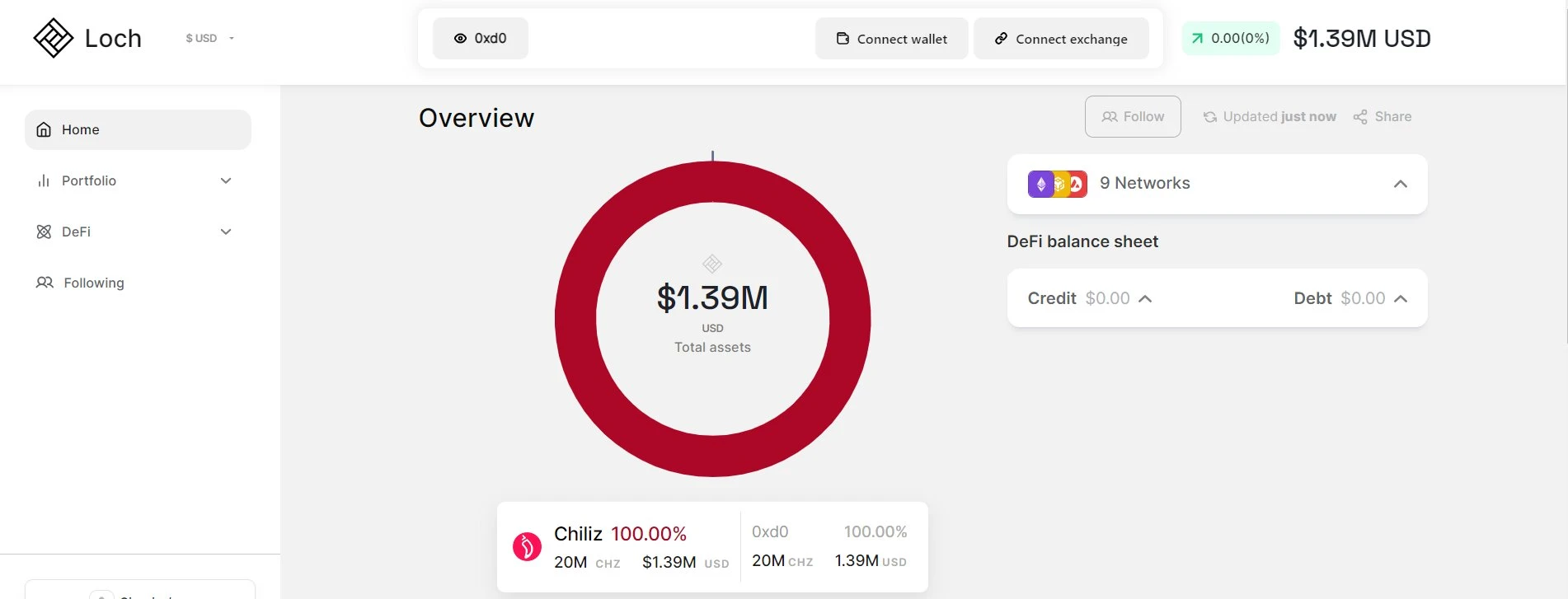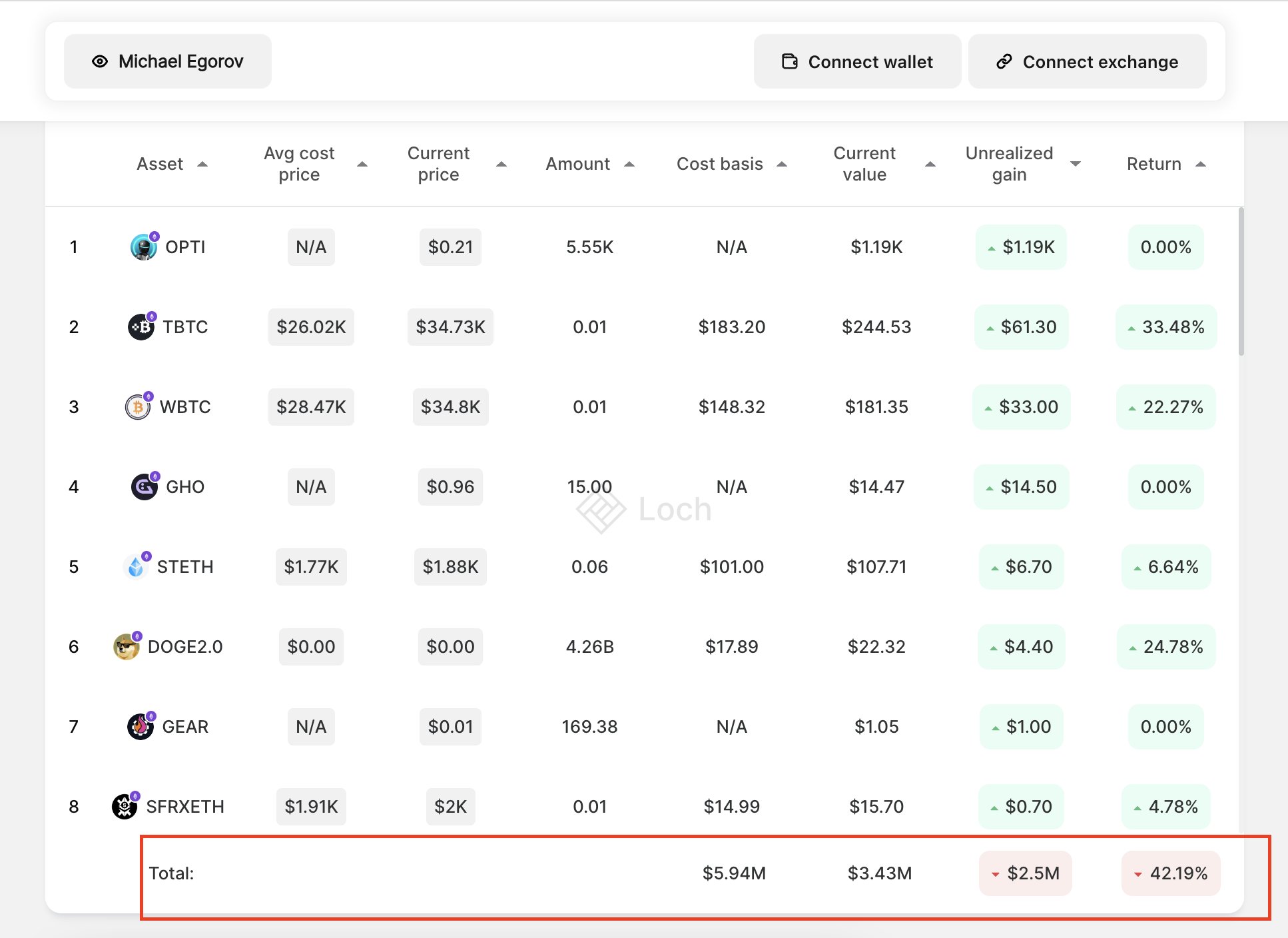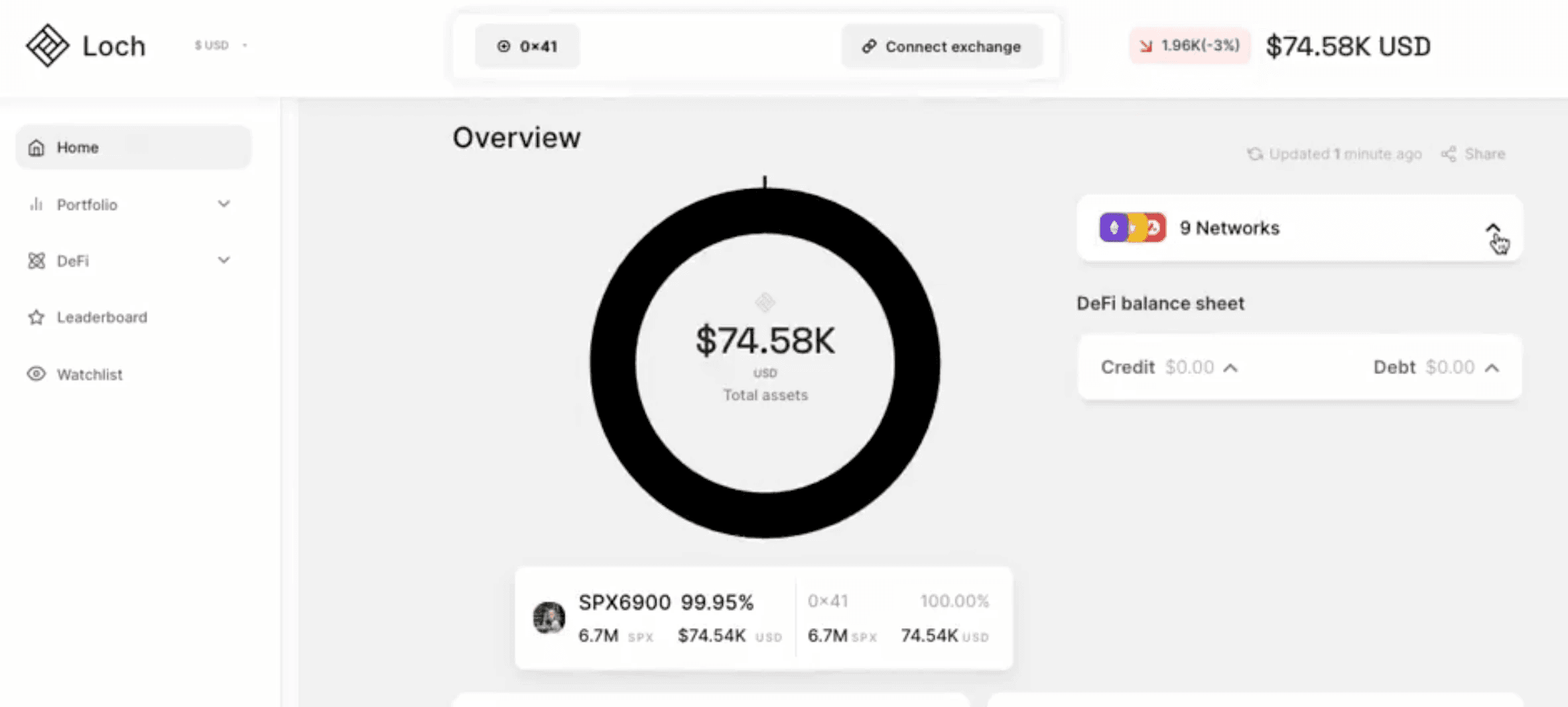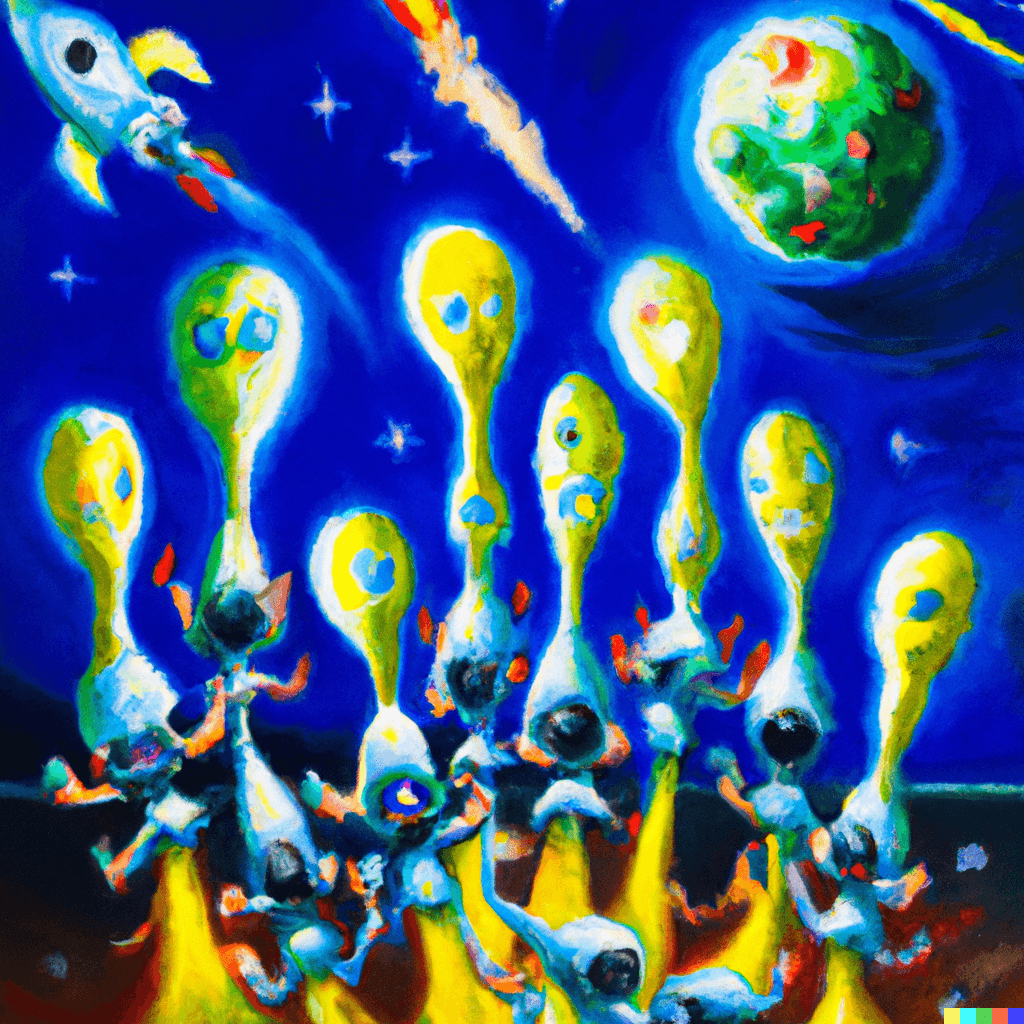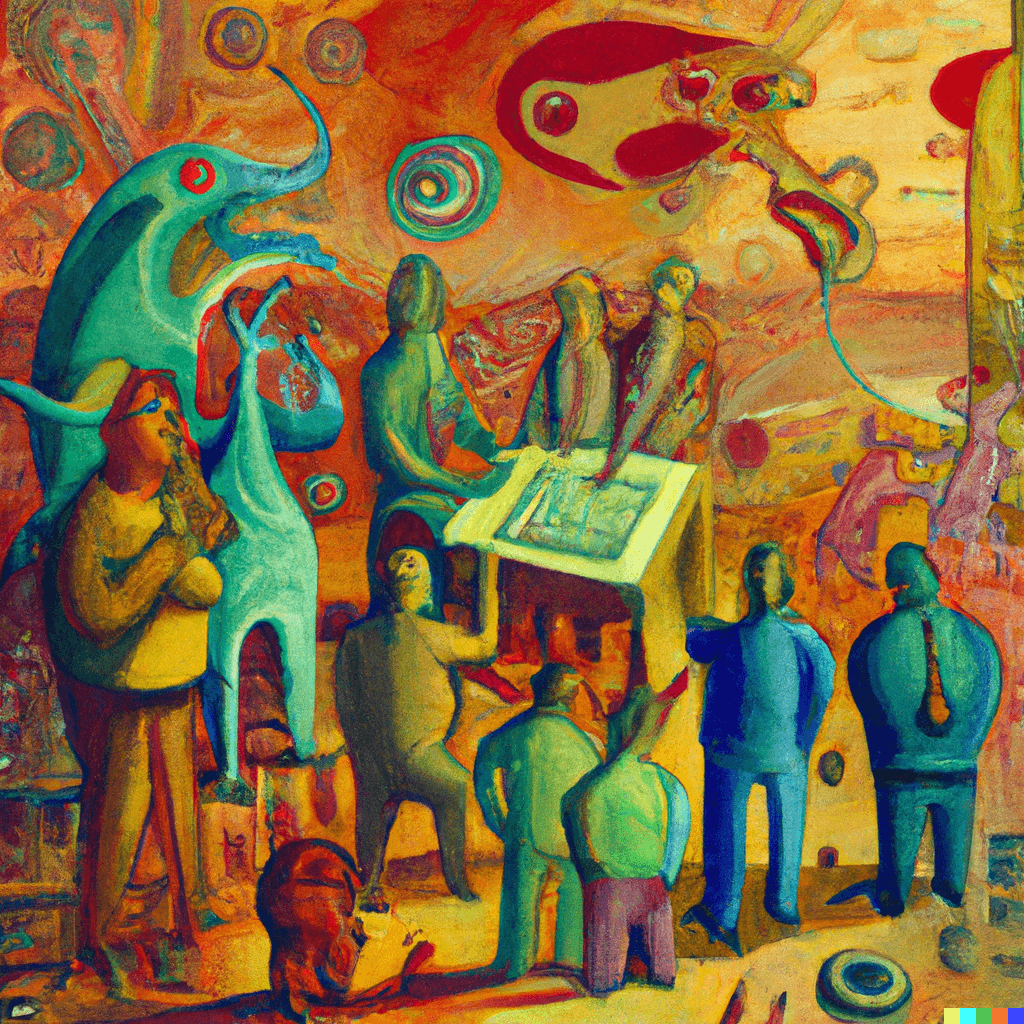On Inflation and Privacy - Why crypto is the only answer
Blockchain based digital assets can potentially serve as value protection, safety, and security in a world where western central banks and governmental institutions have diminished in effectiveness. Over the last half-century, these elite-led institutions have failed us in two ways. The destruction of nation-state fiat currency via monetary debasement and runaway inflation. The pernicious erosion of private freedom via albeit well-intentioned financial technology regulation.
1. Runaway inflation in western democracies
One could attribute the rising inflation rate (9% as of writing in 2022) to a variety of factors.
1.1. The collapse of Bretton Woods in 1971 meant the deprecation of a currency backed one-to-one by gold-based collateral (1). Subsequently, the new dollar system today is neither backed by collateral nor driven by free markets nor governed by well developed algorithmic economic incentives. The dollar today is governed by reactionary and capricious central bank policy.
1.2. The excessive increase in the supply of fiat currency in a short period of time coupled with artificially low interest rates has furthered inflation.
1.3. If the US were a corporation, it would’ve gone bankrupt by now. There’s simply far too much government debt. Policy makers reckon that the way out of trillions of dollars of debt is by printing more money. The USD as the global reserve currency enables this in the short to medium term. However, this will only work for a while. If this continues, as the value of the US dollar depreciates over time, the US stands to lose its reserve currency status.
2. Loss of Private Freedom
Know Your Customer (KYC), Know Your Business (KYB), Anti Money Laundering (AML), and the Office of Foreign Assets Control (OFAC) are well-intentioned apparatus instituted to protect citizens from terrorists, money launderers, extortionists, and other bad actors.
These devices allow the governmental-plutocratic nexus to serve as the eyes of Sauron, Big Brother incarnate, or whatever you want to call it. Never in human history has the Right to Transact lay at the behest of the people in power. Individuals and merchants can transact on the internet - which the pandemic concluded will be the dominant trade route of the 21st century - only if they pass KYC, KYB, AML, and OFAC checks. First-order thinking dictates that this is a good thing, right? This is how we prevent another 9/11. True. However, second-order thinking and the events of February 2022 elucidate that this is a little more nuanced.
2.1 Trudeau’s Canada
Certain protesting Canadian truckers lost access to essential banking infrastructure in February 2022. Prime Minister Justin Trudeau explicitly stated that this was mandated because the truckers held beliefs that didn’t align with those of the government (2). What Trudeau and his advisors failed to realize was that the Right to Transact is fundamentally upstream of other constitutional rights like Freedom of Speech, Freedom of Assembly, and Freedom of Religion. Without the ability to use one’s own money, one can’t express Freedom of Speech, Assembly, and Religion in the 21st century.
Without money, one can’t express their views on a website, a pamphlet, or an advertisement. Without money, one can’t rent a public space. Without access to digital financial rails, one can’t participate in the town squares of the 21st century that exist increasingly and predominantly online. To access these town squares, one requires an internet connection and a computer. Both require money.
Therefore, without the Freedom to Transact, there is no other constitutional right (3). I’m not advocating whether the truckers' views were correct or not. The legislature, executive body, and judicial system exist for a reason. If the truckers were guilty, the courts should’ve sentenced them. The rule of law should decide the fate of citizens, not the machinations of the financial technology establishment.
2.2 Putin’s Russia
Vladimir Putin’s invasion of Ukraine knowingly or unknowingly precipitated the rise of neutral, sovereign blockchain based monetary rails. In response to the Russian invasion of Ukraine, the US imposed sanctions by disintermediating Russia from the SWIFT (Society for Worldwide Interbank Financial Telecommunications) network. The rest of the world stood in awe. With the snap of an American finger, Russian citizens were no longer able to use their dominant payment mechanism, their smartphones. Apple pay and Google pay were turned off. Russians queued up for hours outside in the cold as they were unable to pay for transportation, bread, and vodka (4).
It doesn’t matter whether you support Russia or Ukraine. The point is that non-American countries, not limited to the Chinese sphere of influence, have realized that they need to institute their own self-owned financial technology rails. They can’t rely on SWIFT or the USD. They can try to build their own systems or turn to blockchain technology.
Privately owned, mathematically computed, cryptographically secure blockchain based digital assets are the latest instantiation of a Smithian free-market imperative. It’s our belief that cryptoeconomics will win out in the ensuing Darwinian evolutionary struggle in the marketplace of finance and technology. Neutral, sound, self-sovereign, and seizure resistant money can solve the problems posed by extractive middlemen and suzerain nation-states that control our existing financial system. The problems of temporal and financial inefficiency in monetary transmission, runaway inflation in fiat currency, and the insidious erosion of personal freedom in our way of life are potentially solvable by cryptoeconomics.
Since February 2021, Bitcoin’s market cap has hovered around USD 1 trillion. 300 million people (3.9% of the globe) own cryptocurrencies. Over 15,000 businesses are already accepting cryptoasset payments (5). Most people don’t have to understand these complex and chaotic systems to believe in them. A simple game theoretic model can explain the rise in adoption of Bitcoin and other cryptocurrencies. Read our next piece on Pascal’s wager for cryptoasset adoption to learn more.
References:
On Inflation and Privacy - Why crypto is the only answer
Blockchain based digital assets can potentially serve as value protection, safety, and security in a world where western central banks and governmental institutions have diminished in effectiveness. Over the last half-century, these elite-led institutions have failed us in two ways. The destruction of nation-state fiat currency via monetary debasement and runaway inflation. The pernicious erosion of private freedom via albeit well-intentioned financial technology regulation.
1. Runaway inflation in western democracies
One could attribute the rising inflation rate (9% as of writing in 2022) to a variety of factors.
1.1. The collapse of Bretton Woods in 1971 meant the deprecation of a currency backed one-to-one by gold-based collateral (1). Subsequently, the new dollar system today is neither backed by collateral nor driven by free markets nor governed by well developed algorithmic economic incentives. The dollar today is governed by reactionary and capricious central bank policy.
1.2. The excessive increase in the supply of fiat currency in a short period of time coupled with artificially low interest rates has furthered inflation.
1.3. If the US were a corporation, it would’ve gone bankrupt by now. There’s simply far too much government debt. Policy makers reckon that the way out of trillions of dollars of debt is by printing more money. The USD as the global reserve currency enables this in the short to medium term. However, this will only work for a while. If this continues, as the value of the US dollar depreciates over time, the US stands to lose its reserve currency status.
2. Loss of Private Freedom
Know Your Customer (KYC), Know Your Business (KYB), Anti Money Laundering (AML), and the Office of Foreign Assets Control (OFAC) are well-intentioned apparatus instituted to protect citizens from terrorists, money launderers, extortionists, and other bad actors.
These devices allow the governmental-plutocratic nexus to serve as the eyes of Sauron, Big Brother incarnate, or whatever you want to call it. Never in human history has the Right to Transact lay at the behest of the people in power. Individuals and merchants can transact on the internet - which the pandemic concluded will be the dominant trade route of the 21st century - only if they pass KYC, KYB, AML, and OFAC checks. First-order thinking dictates that this is a good thing, right? This is how we prevent another 9/11. True. However, second-order thinking and the events of February 2022 elucidate that this is a little more nuanced.
2.1 Trudeau’s Canada
Certain protesting Canadian truckers lost access to essential banking infrastructure in February 2022. Prime Minister Justin Trudeau explicitly stated that this was mandated because the truckers held beliefs that didn’t align with those of the government (2). What Trudeau and his advisors failed to realize was that the Right to Transact is fundamentally upstream of other constitutional rights like Freedom of Speech, Freedom of Assembly, and Freedom of Religion. Without the ability to use one’s own money, one can’t express Freedom of Speech, Assembly, and Religion in the 21st century.
Without money, one can’t express their views on a website, a pamphlet, or an advertisement. Without money, one can’t rent a public space. Without access to digital financial rails, one can’t participate in the town squares of the 21st century that exist increasingly and predominantly online. To access these town squares, one requires an internet connection and a computer. Both require money.
Therefore, without the Freedom to Transact, there is no other constitutional right (3). I’m not advocating whether the truckers' views were correct or not. The legislature, executive body, and judicial system exist for a reason. If the truckers were guilty, the courts should’ve sentenced them. The rule of law should decide the fate of citizens, not the machinations of the financial technology establishment.
2.2 Putin’s Russia
Vladimir Putin’s invasion of Ukraine knowingly or unknowingly precipitated the rise of neutral, sovereign blockchain based monetary rails. In response to the Russian invasion of Ukraine, the US imposed sanctions by disintermediating Russia from the SWIFT (Society for Worldwide Interbank Financial Telecommunications) network. The rest of the world stood in awe. With the snap of an American finger, Russian citizens were no longer able to use their dominant payment mechanism, their smartphones. Apple pay and Google pay were turned off. Russians queued up for hours outside in the cold as they were unable to pay for transportation, bread, and vodka (4).
It doesn’t matter whether you support Russia or Ukraine. The point is that non-American countries, not limited to the Chinese sphere of influence, have realized that they need to institute their own self-owned financial technology rails. They can’t rely on SWIFT or the USD. They can try to build their own systems or turn to blockchain technology.
Privately owned, mathematically computed, cryptographically secure blockchain based digital assets are the latest instantiation of a Smithian free-market imperative. It’s our belief that cryptoeconomics will win out in the ensuing Darwinian evolutionary struggle in the marketplace of finance and technology. Neutral, sound, self-sovereign, and seizure resistant money can solve the problems posed by extractive middlemen and suzerain nation-states that control our existing financial system. The problems of temporal and financial inefficiency in monetary transmission, runaway inflation in fiat currency, and the insidious erosion of personal freedom in our way of life are potentially solvable by cryptoeconomics.
Since February 2021, Bitcoin’s market cap has hovered around USD 1 trillion. 300 million people (3.9% of the globe) own cryptocurrencies. Over 15,000 businesses are already accepting cryptoasset payments (5). Most people don’t have to understand these complex and chaotic systems to believe in them. A simple game theoretic model can explain the rise in adoption of Bitcoin and other cryptocurrencies. Read our next piece on Pascal’s wager for cryptoasset adoption to learn more.
References:
Continue reading
Continue reading

On Inflation and Privacy - Why crypto is the only answer
Oct 8, 2022

On Inflation and Privacy - Why crypto is the only answer
Oct 8, 2022




